Into the Blue
Did you know June is National Ocean Month? Dive into these docs all about Earth’s largest and most mysterious realm.
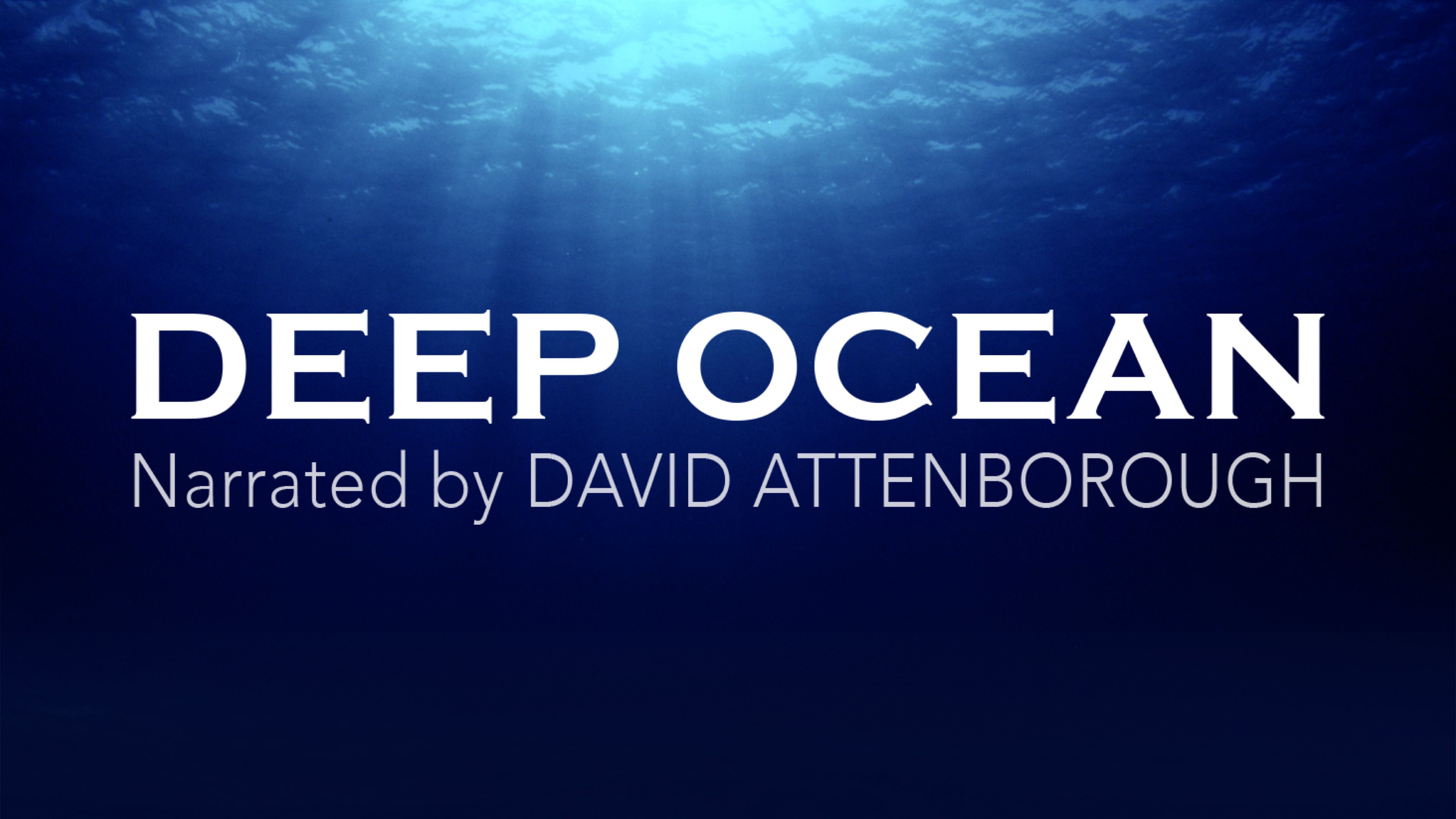
- 3 episodes
- 97%
Join a deep-sea adventure that will give us a look at the amazing life forms that have survived the harsh, pitch-dark depths of our oceans.
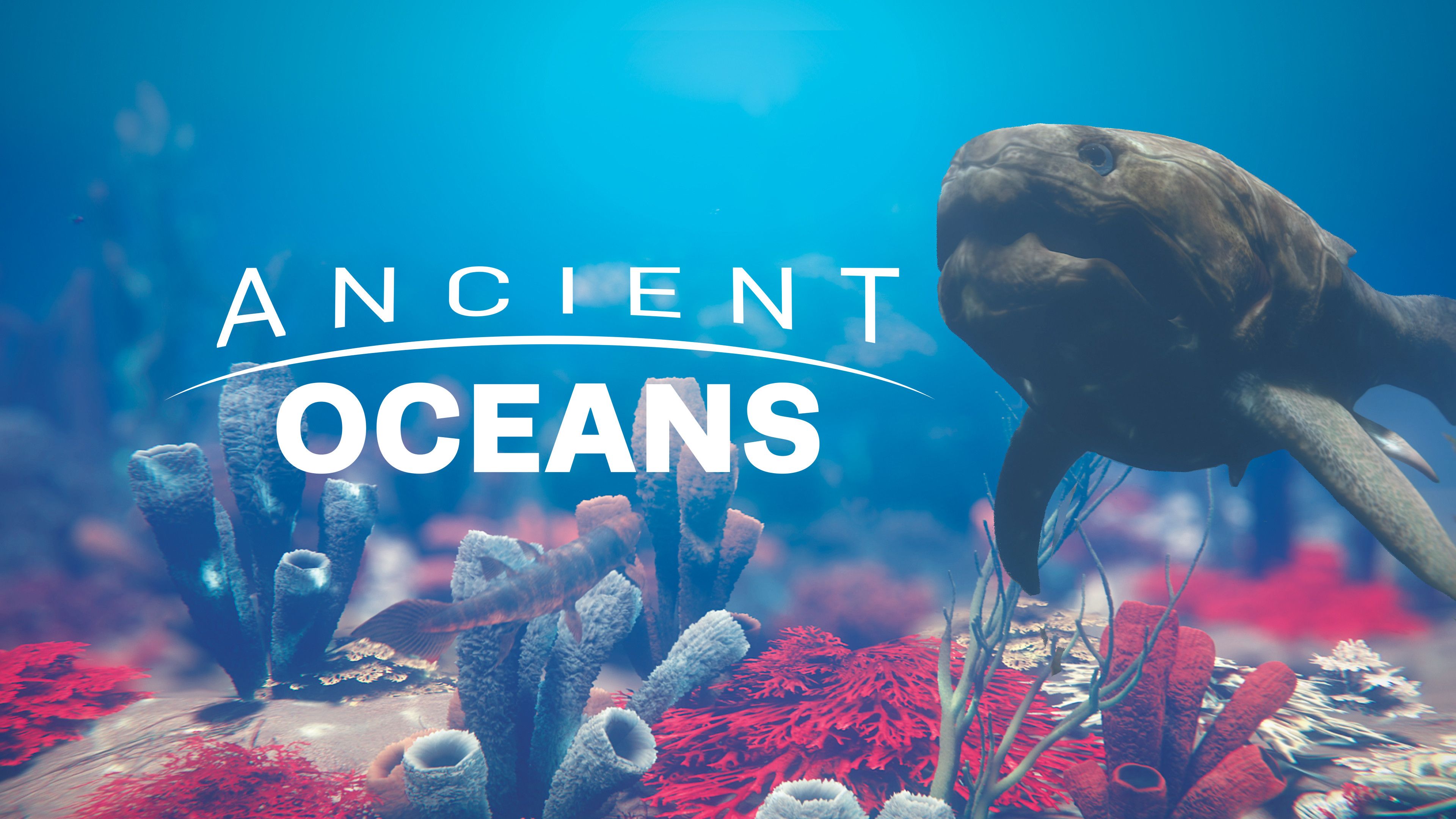 Original
Original- 2 episodes
- 97%
In this prequel to Ancient Earth, travel back in time to the first two of the most powerful extinction periods in history.
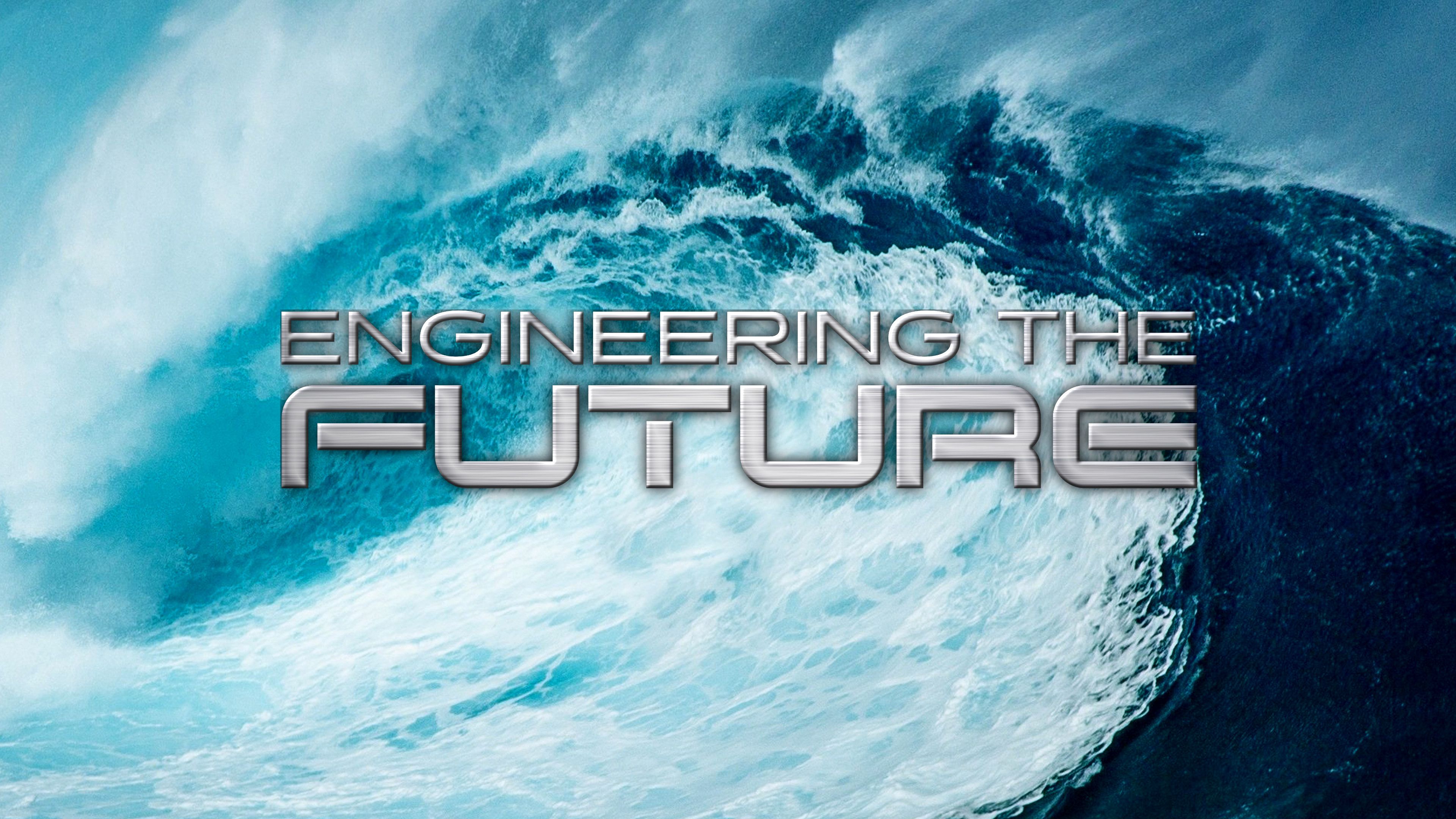 Original
Original- E4
- 56m
- 98%
The power of the ocean’s tides is the last great untapped energy source on Earth. From sub-sea kites to floating platforms, teams of engineers are racing to perfect the technology to harness the vast flows of water.
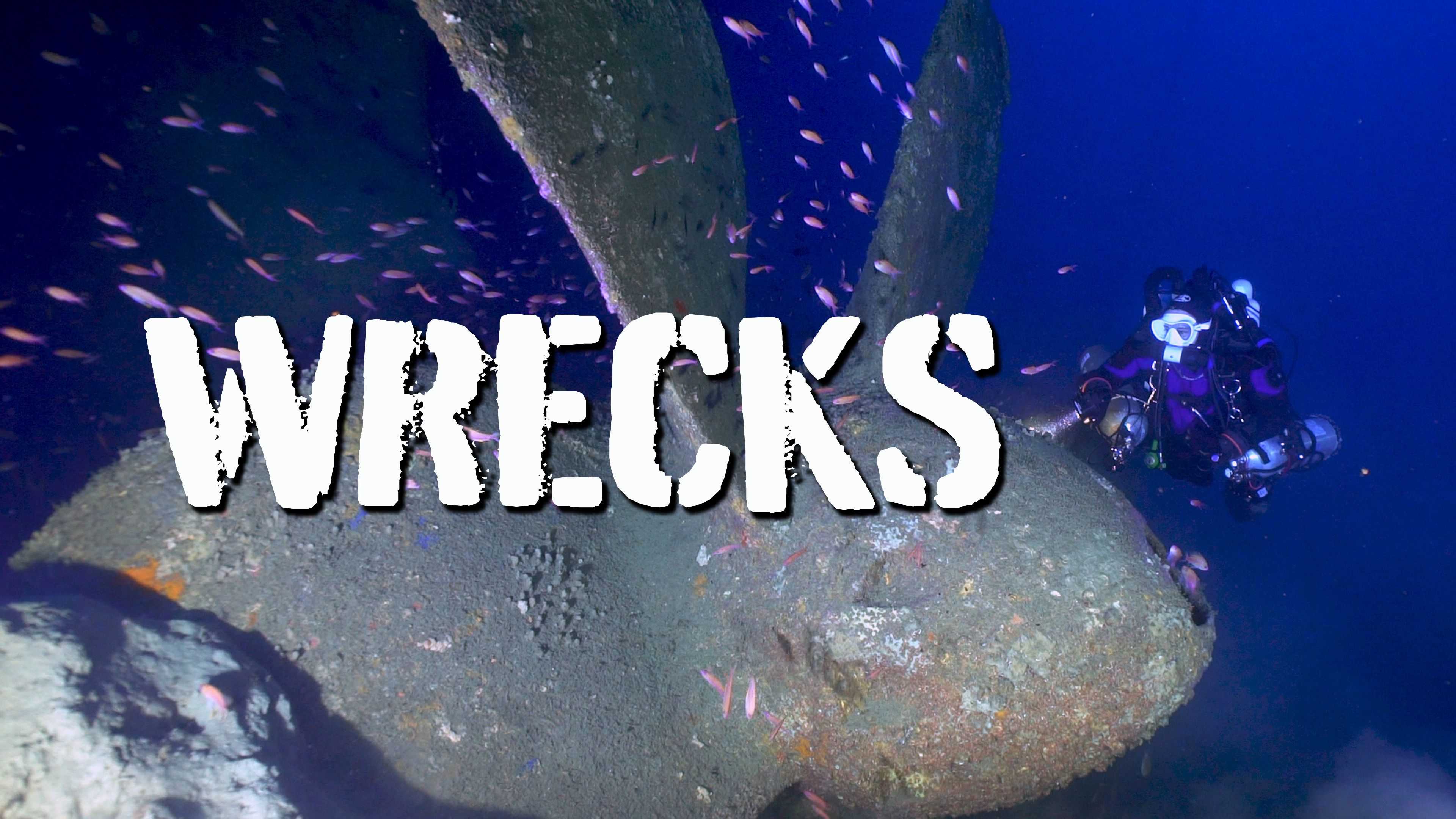
- 3 episodes
- 88%
Thousands of ship wrecks lie at the bottom of the sea, among them the wrecks "Wakashio", "MT Haven" and "Orient Queen".

- 7 episodes
- 97%
Past the white sand beaches and beneath idyllic turquoise water lays one of the fiercest natural habitats in the world.
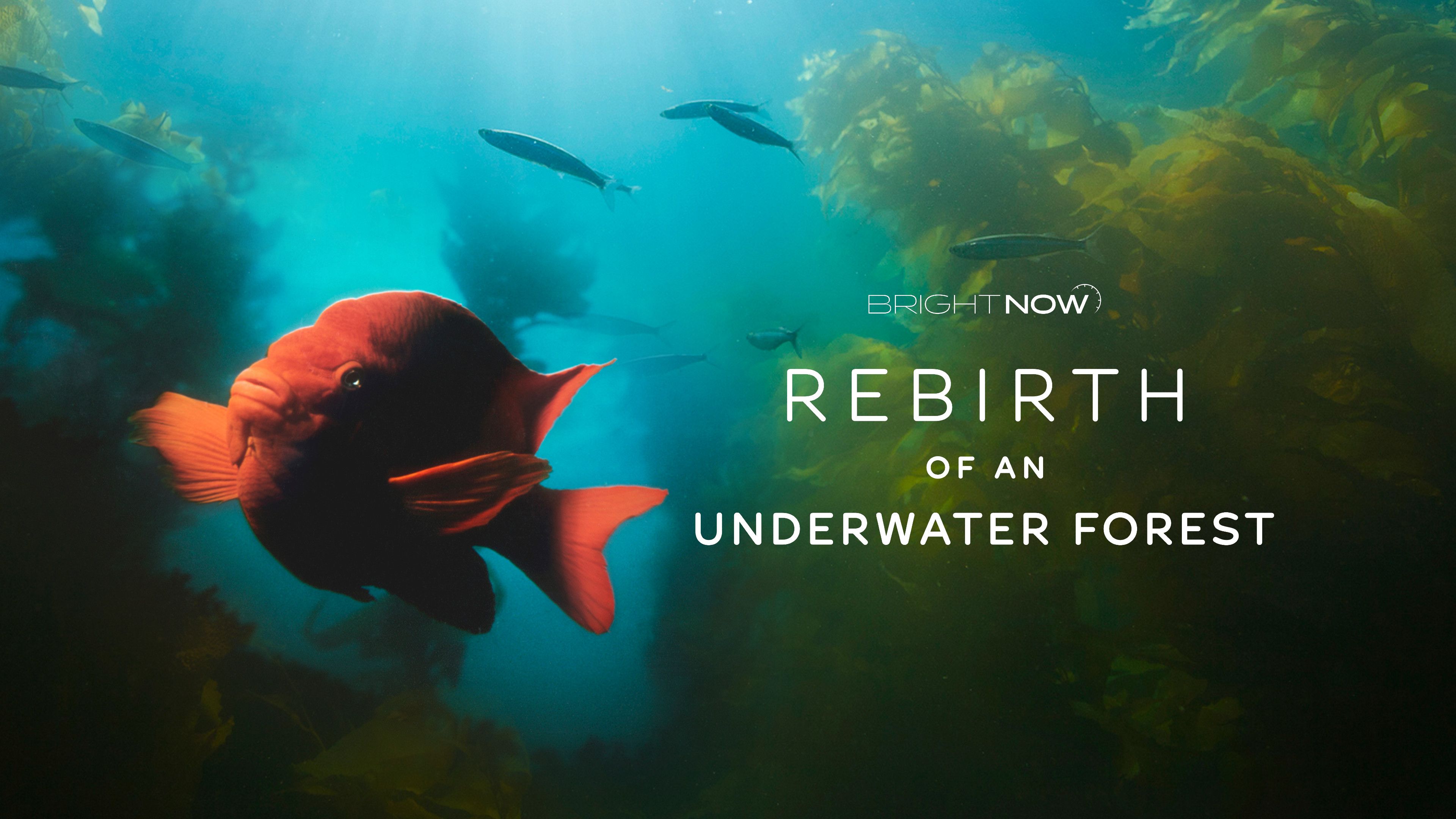 Original
Original- E20
- 10m
- 97%
Kelp forests harbor a greater variety and higher diversity of plants and animals than almost any other ocean community. Many organisms use the thick blades as a safe shelter for their young from predators or even rough storms. But, what can be done when this ecosystem is out of balance?
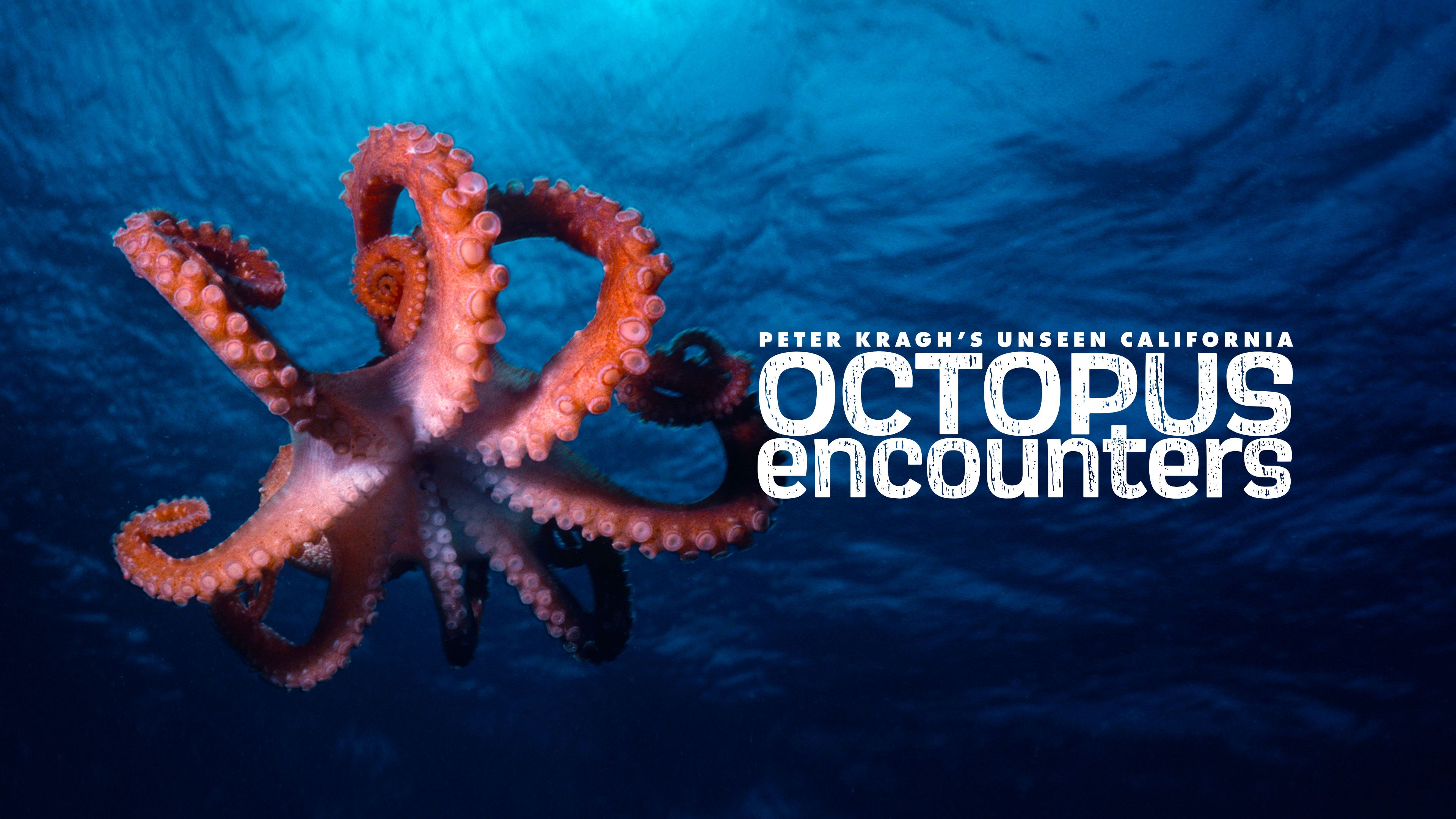 Original
Original- E24
- 12m
- 97%
The octopus is as close to an alien being as anything we've seen on Earth. From a feeding frenzy at the bottom of the sea to a mother taking care of thousands of its eggs, travel to the pacific ocean to see them at their best and most weird.
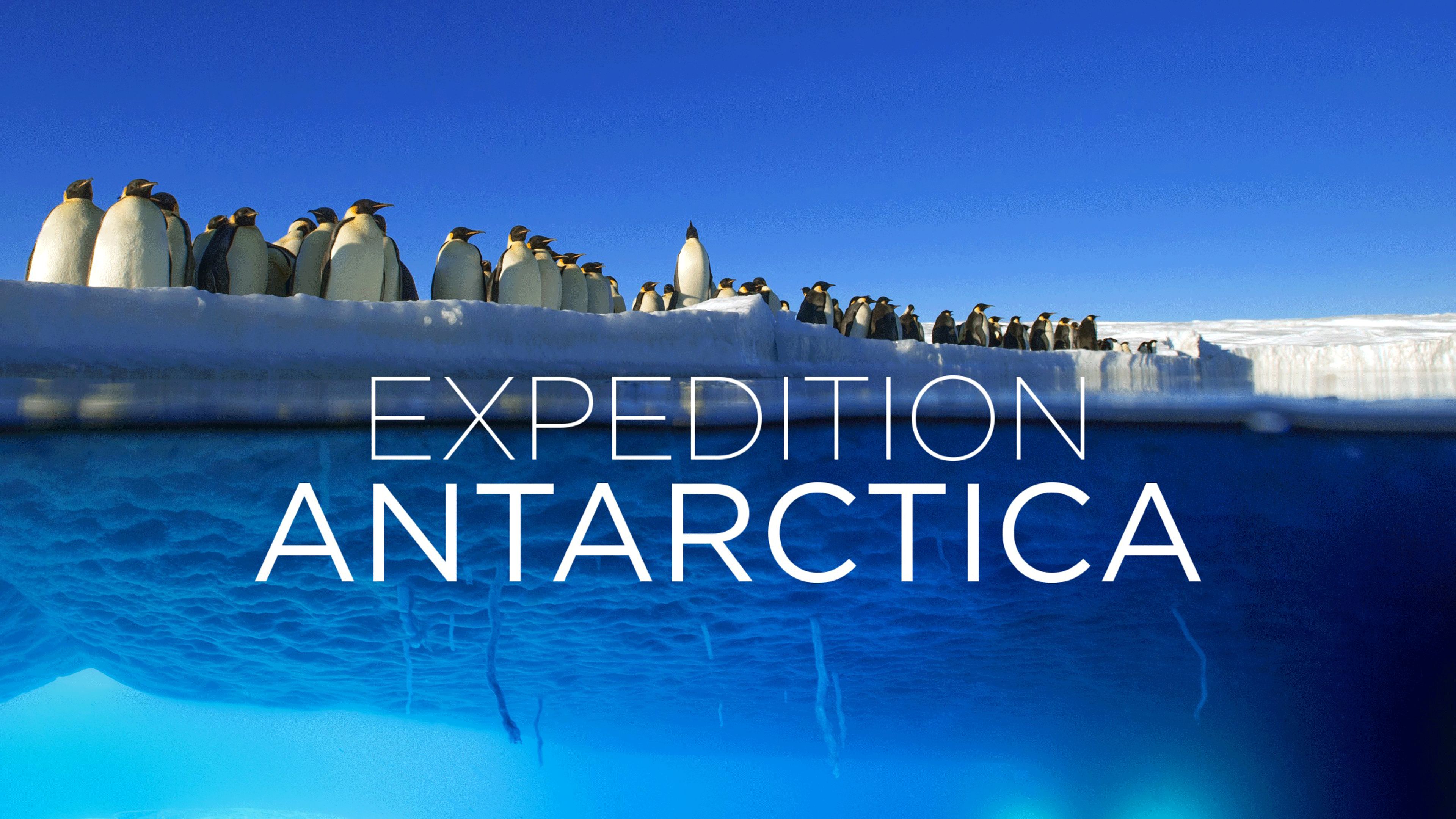
- 2 episodes
- 95%
Experience the hardships of one of the deepest dives ever made in the South Arctic.
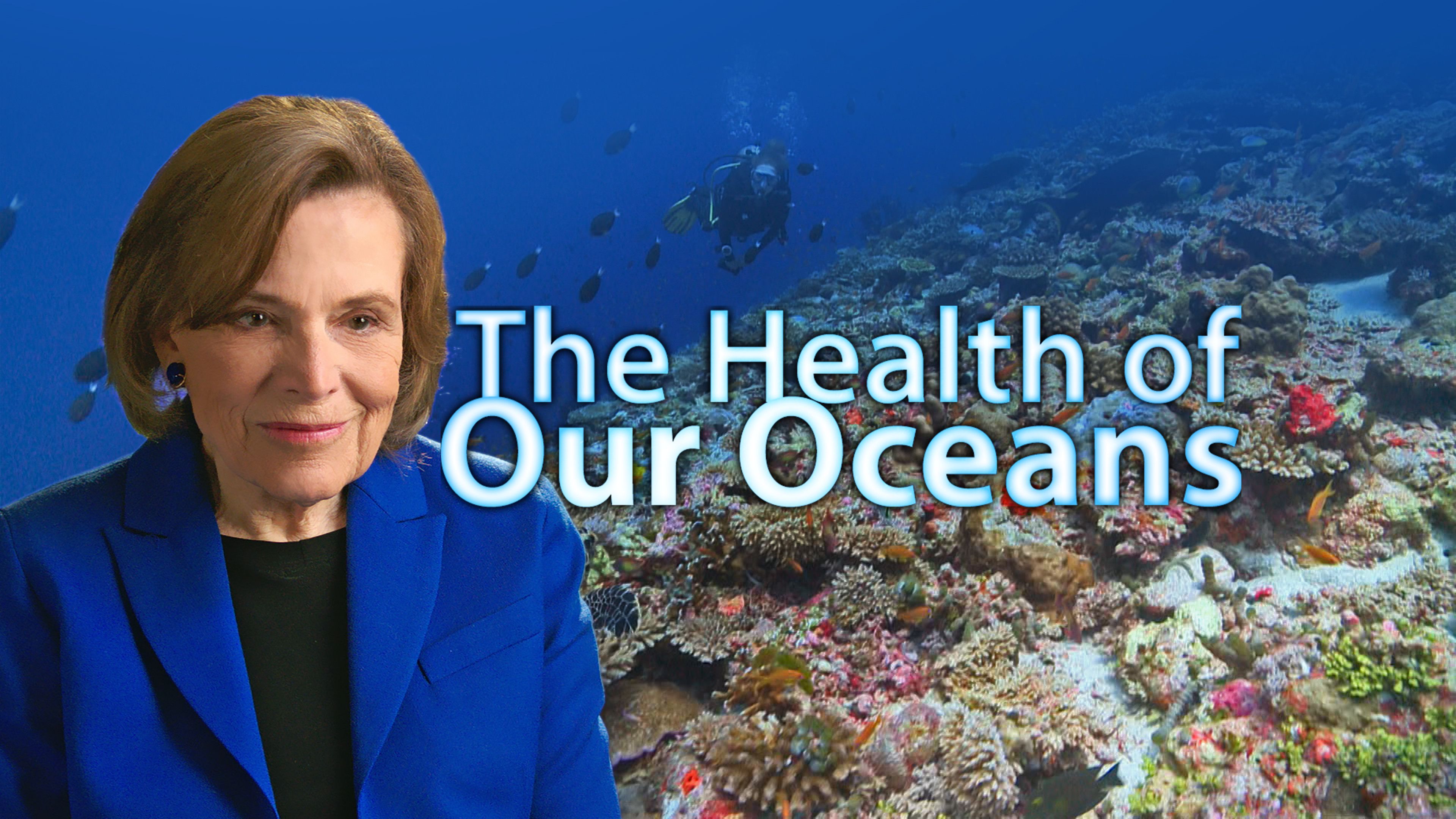 Original
Original- 15m
- 97%
Renowned marine biologist Dr. Sylvia Earle reveals why the dual threats of ocean pollution and overfishing could have a devastating impact on mankind.
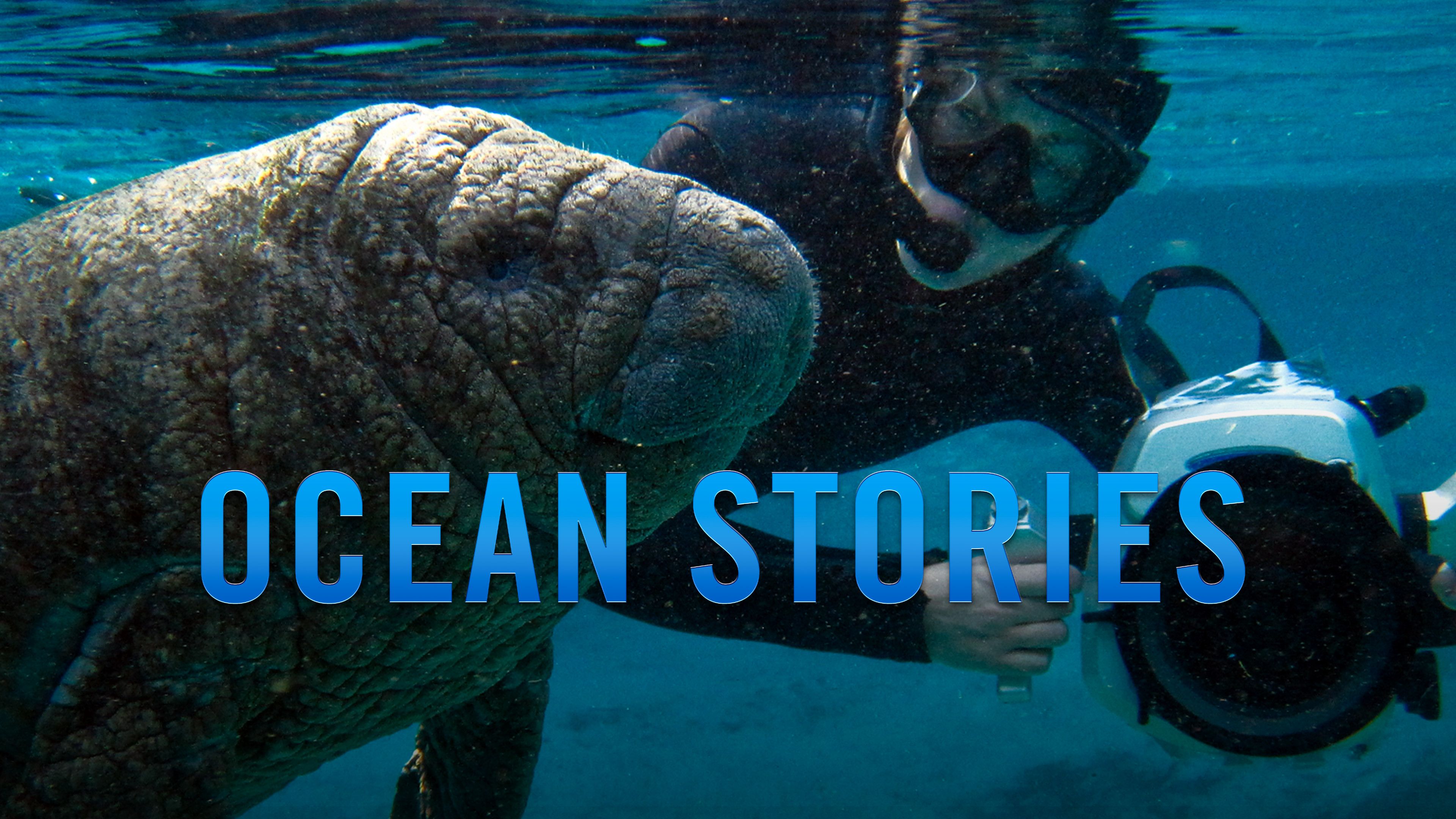
- 3 episodes
- 96%
Teeming with marine wildlife, our oceans are full of fascinating stories, like these, about orcas, sea lions and the giant Mola.
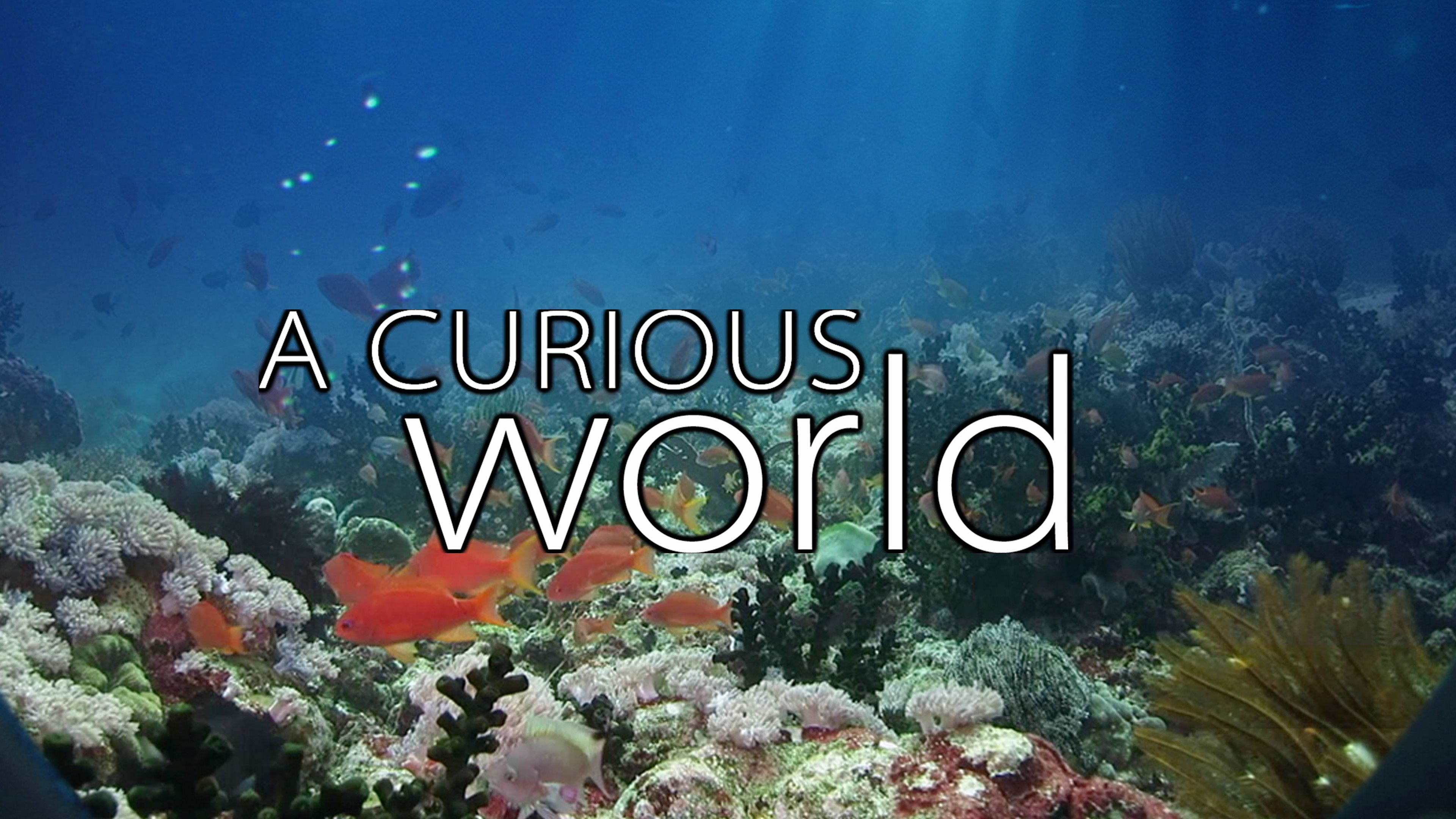 Original
Original- E14
- 6m
- 97%
The ocean covers 70 percent of the Earth's surface, but scientists say they still know shockingly little about the mysterious, deep blue sea. What lies at the bottom of our oceans?
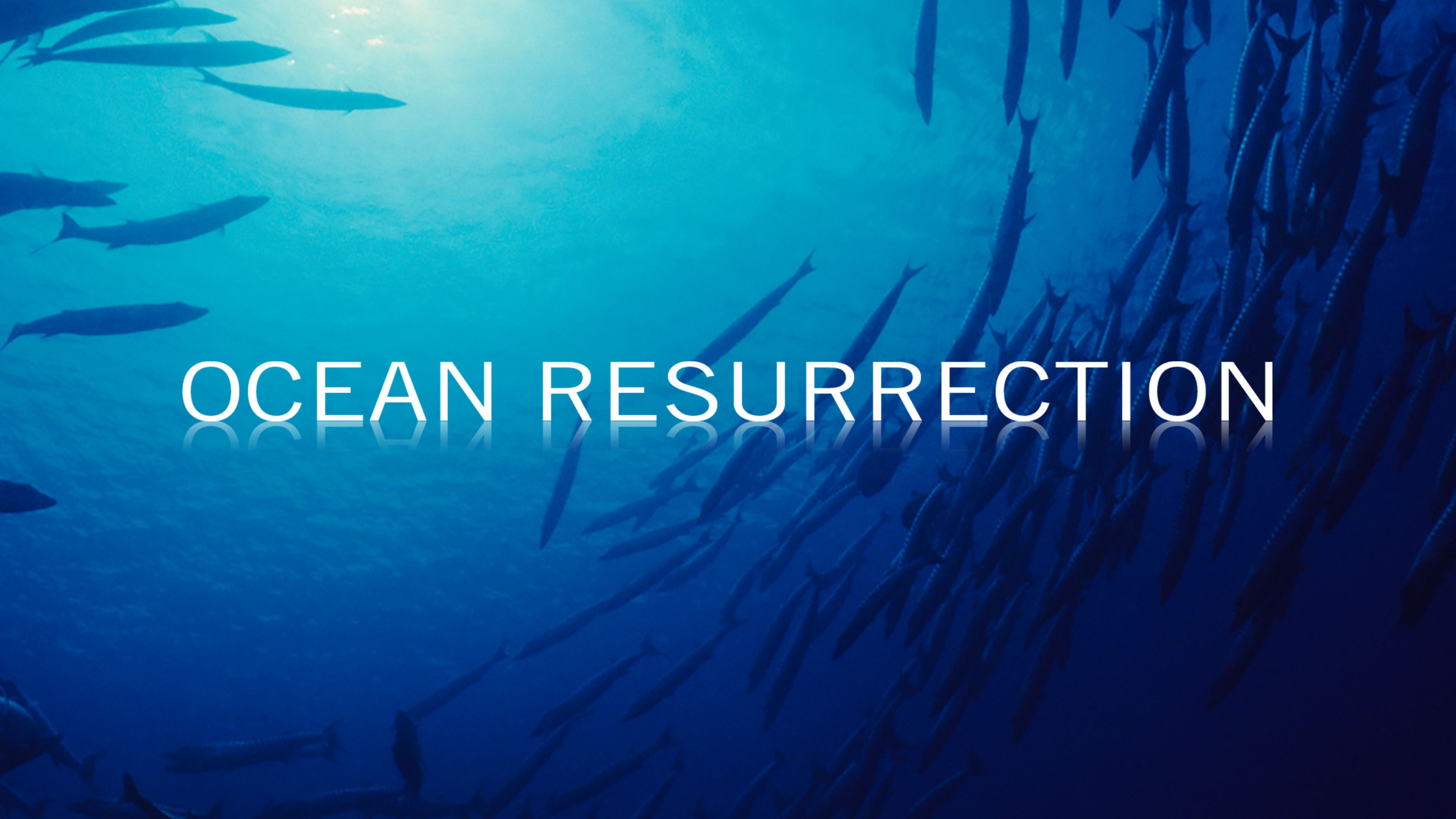 Original
Original- 9m
- 95%
Experts from Oceana, NOAA and the Consortium for Ocean Leadership describe how chronic over fishing has damaged ecosystems and threatens the entire food chain. But this crisis is solvable. Well-managed ocean fisheries hold out the promise of limitless seafood -- and a home for all sea life.
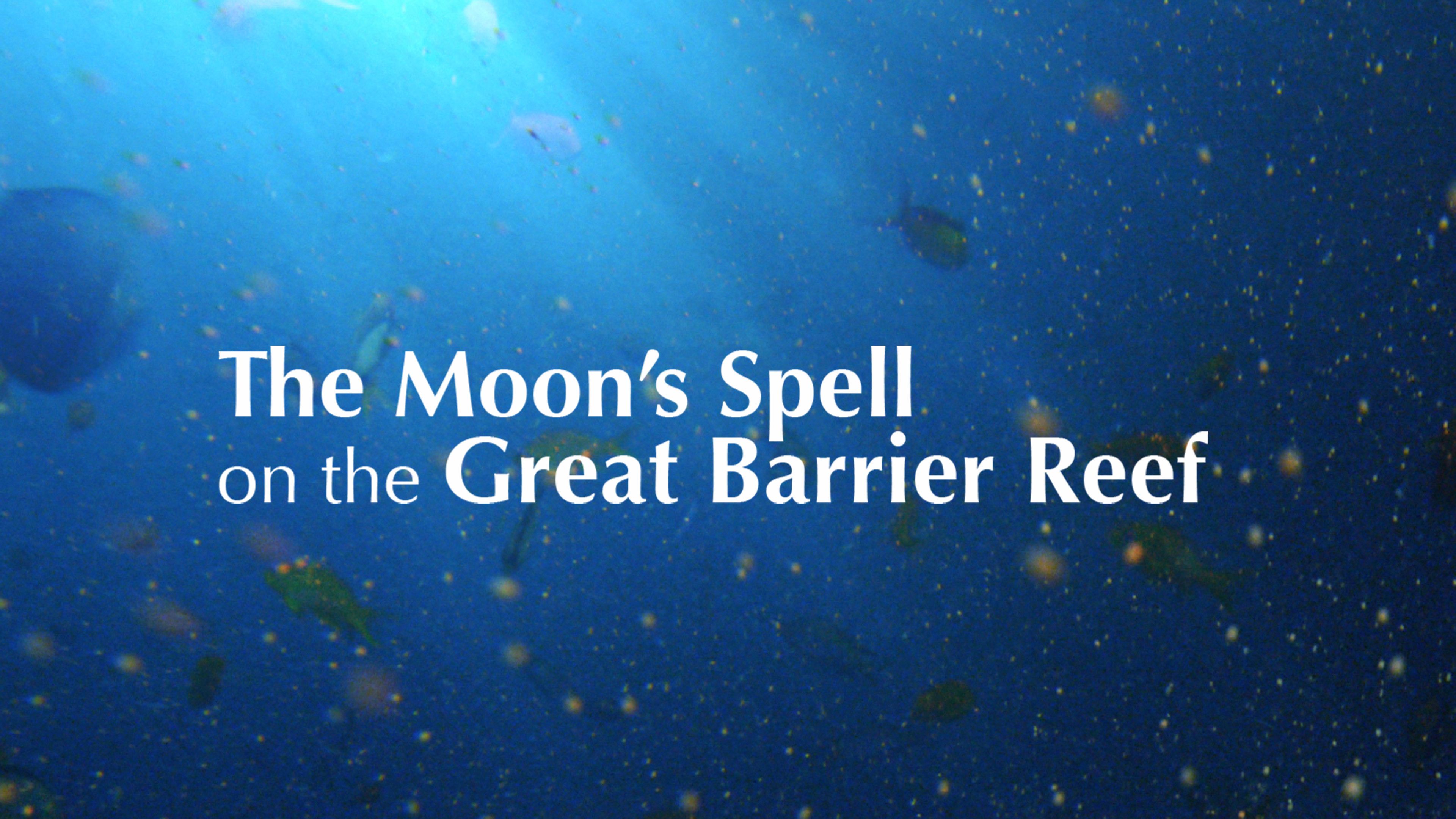
- 55m
- 96%
The world’s largest coral reef ranges over 2,000 kilometers off the coast of Australia. Magnificent spectacles unfold here every summer. Tens of thousands of green sea turtles come ashore under the star-filled sky to lay eggs. And we capture some 100 varieties of coral all spawning at once.
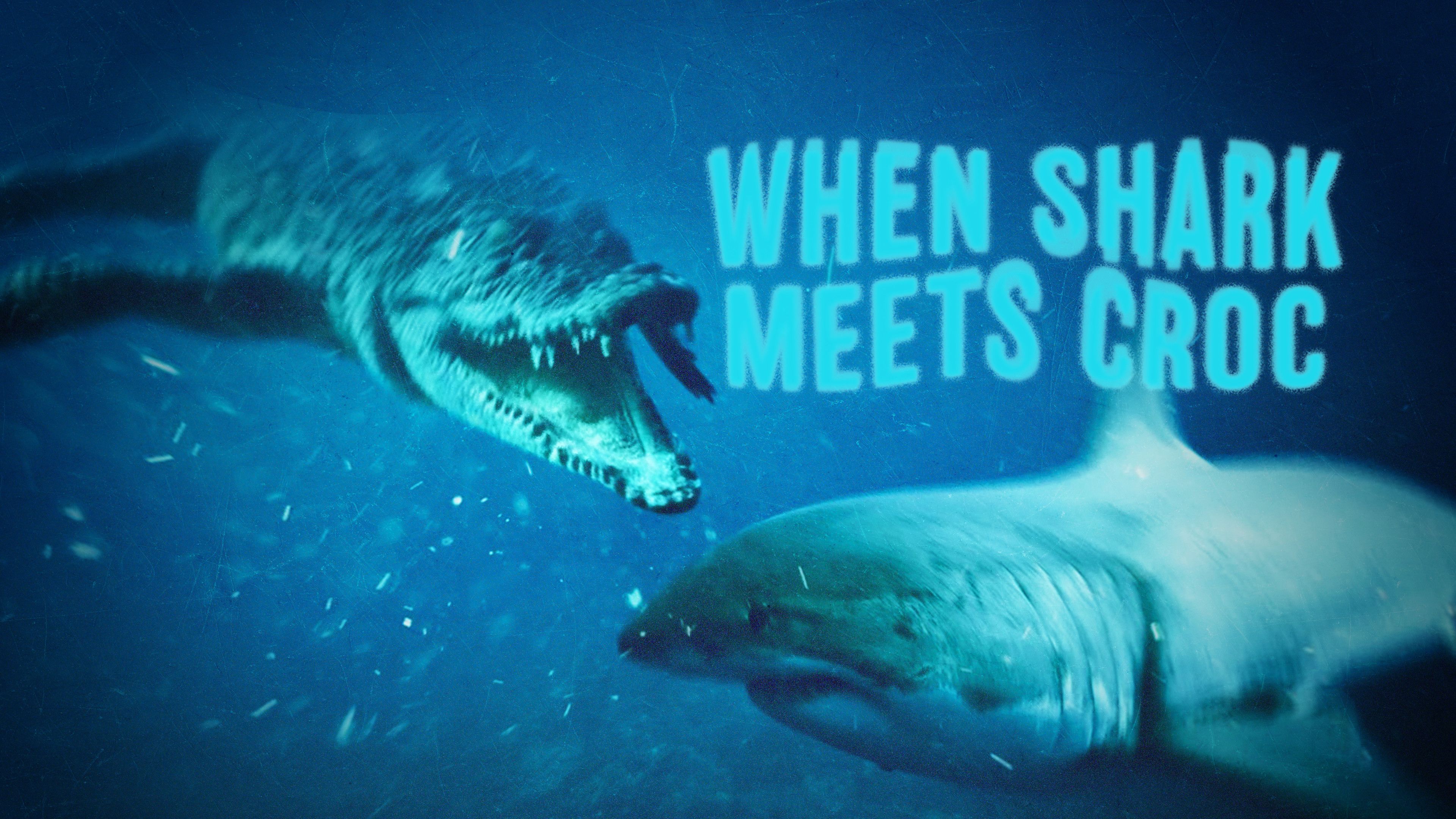
- 52m
- 76%
The most aggressive of ocean predators, the bull shark, is notorious for leaving the safety of the deep blue ocean, venturing far up the murky rivers of Africa's coast in search of prey. But lurking in these shadowy places is Africa's deadliest killer - the Nile crocodile.
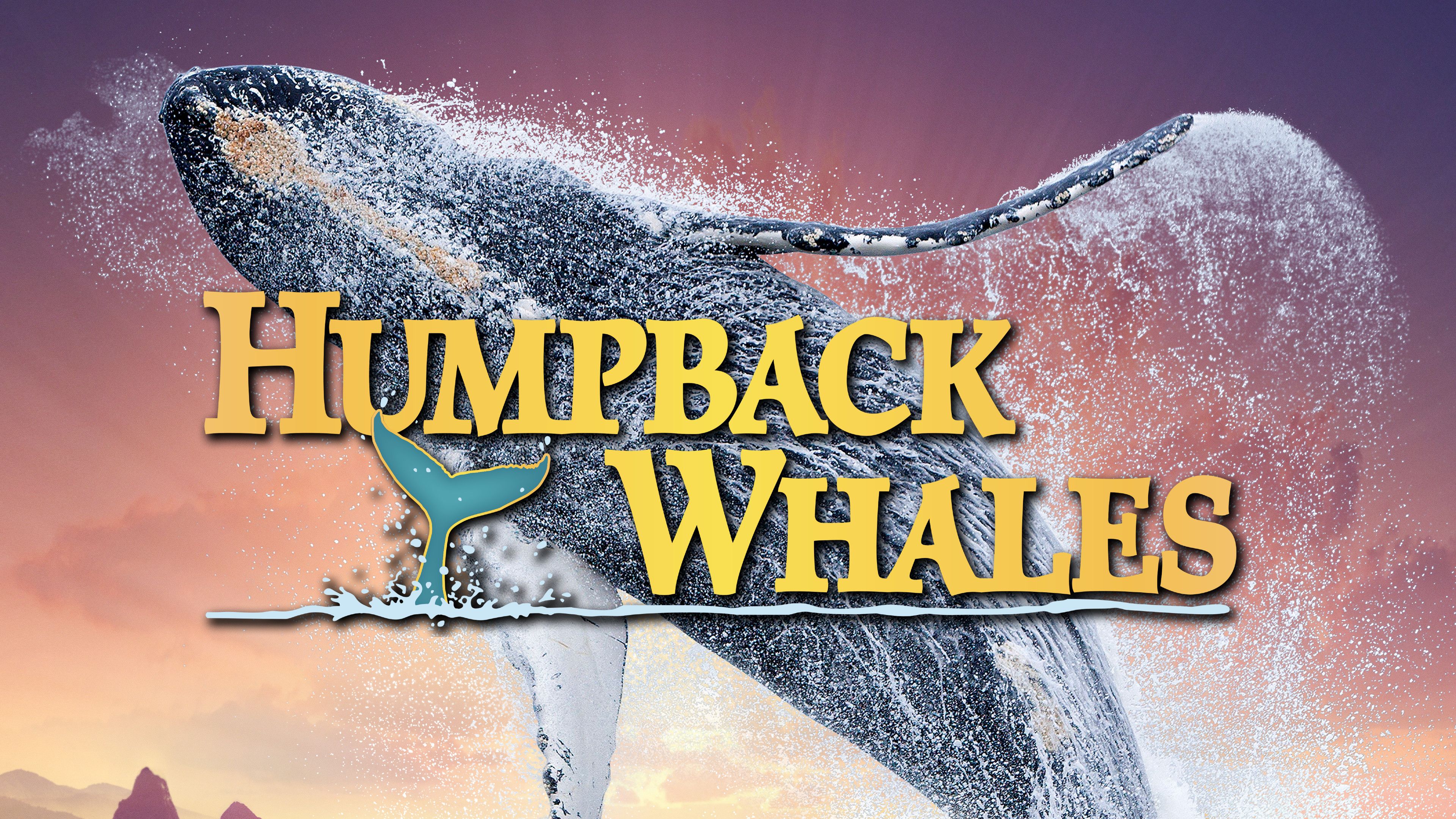
- 39m
- 95%
An in-depth look at the lives of humpback whales and the challenges they face to avoid extinction.
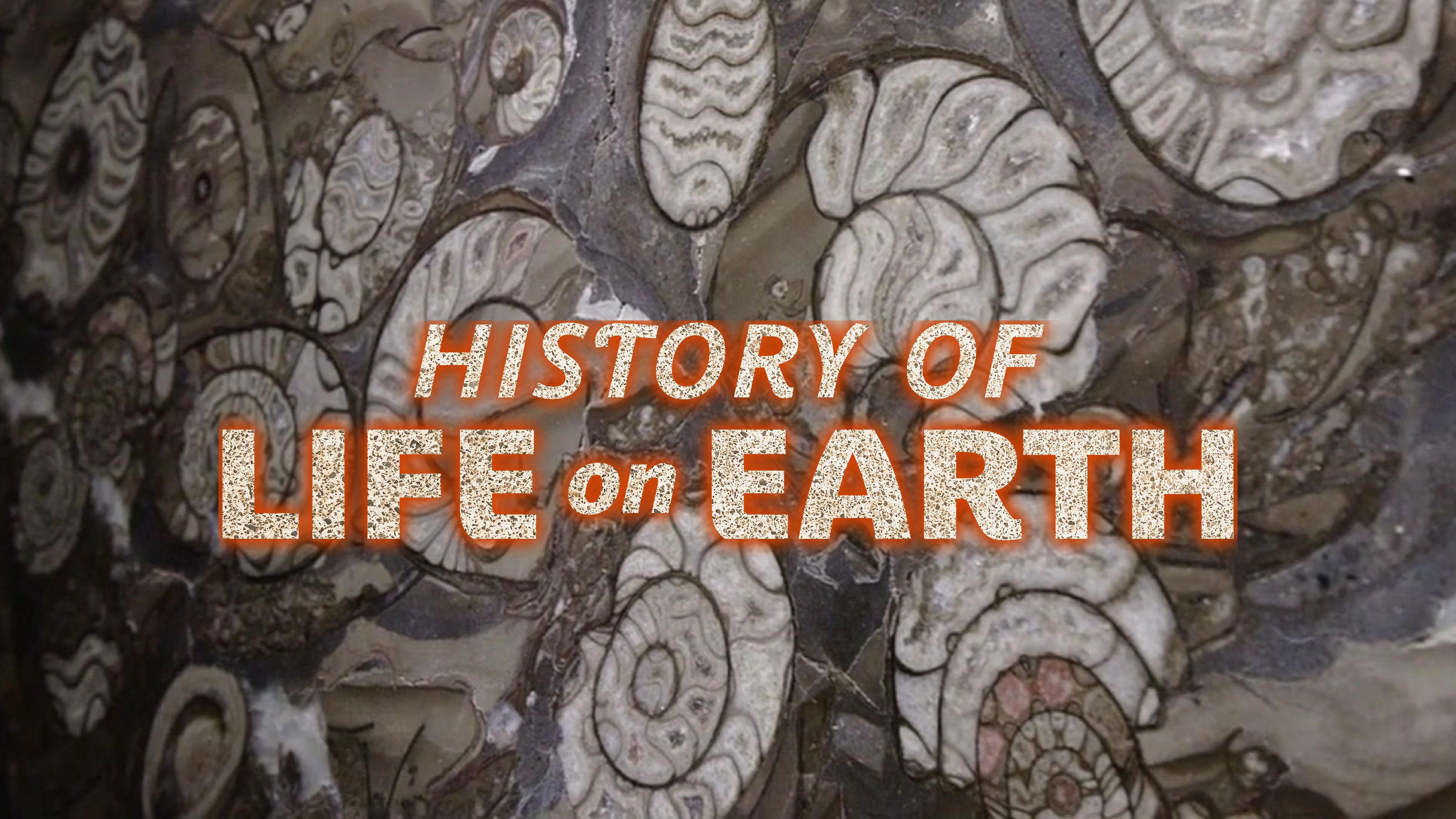
- E1
- 52m
- 94%
The first life forms on the planet were microscopic, single-celled organisms, it took billions of years before more complex creatures evolved, first jellylike bodies, and then armored shells on their outsides, and finally the first backbone and the beginnings of fish.
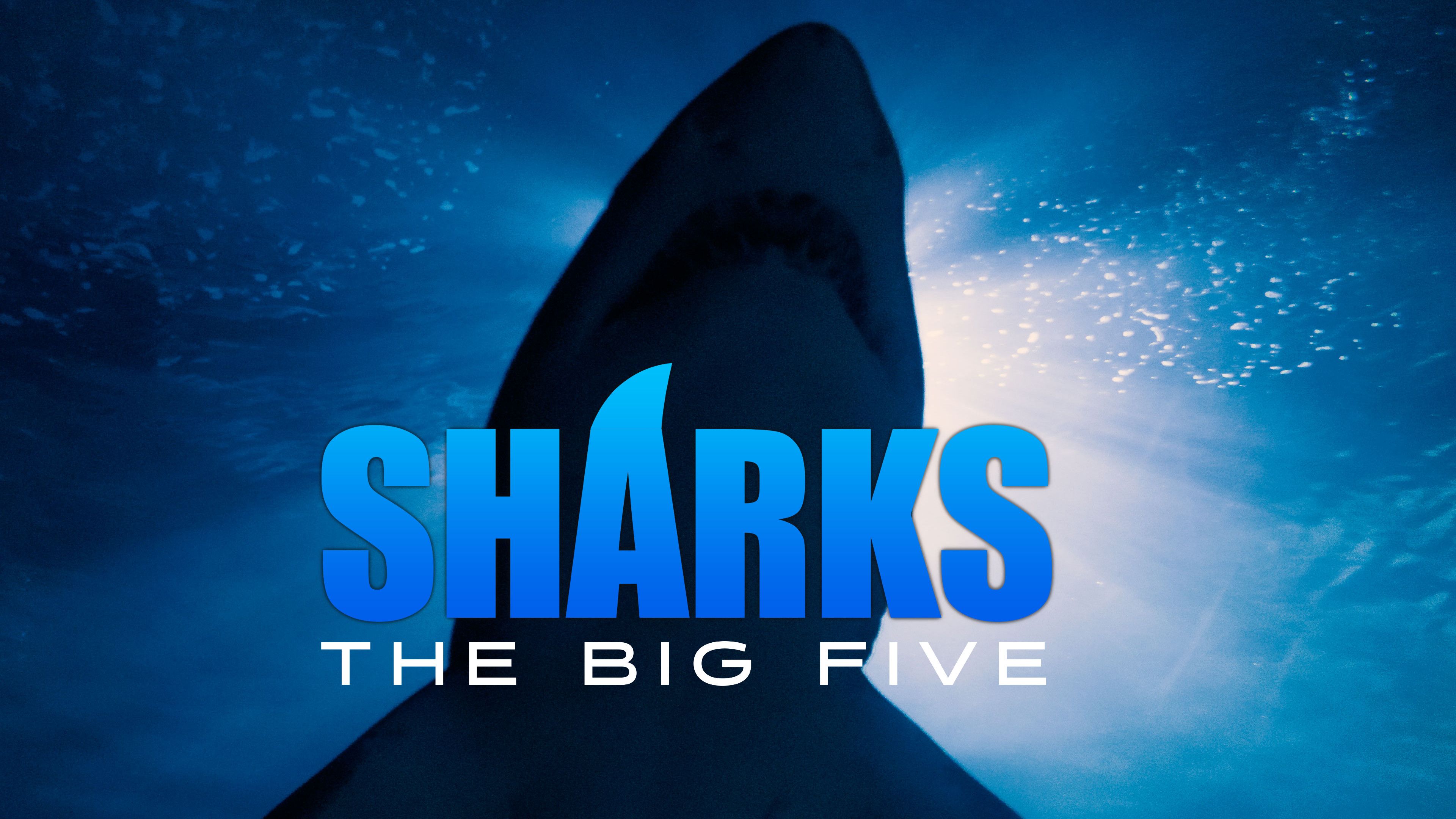
- 52m
- 95%
The ocean has its own Big Five. Featuring great whites, hammerheads, tigers, bulls, and the intimidating whale shark, this is the ultimate shark show.

- E3
- 52m
- 98%
Nowhere else are animals more exposed in their struggles than on vast, open plains and deserts. In these great expanses, there is nowhere to hide.
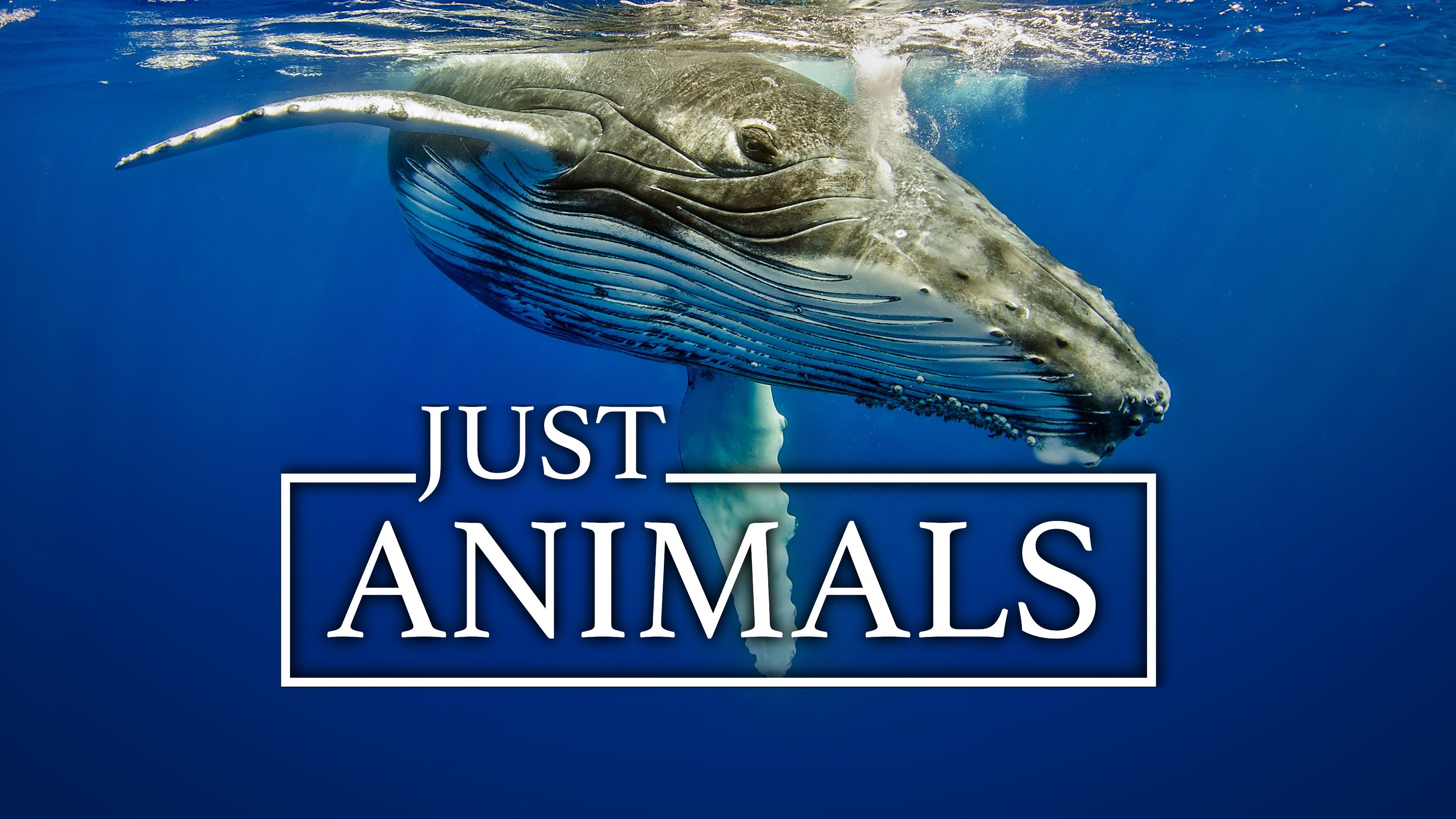
- E3
- 52m
- 98%
JUST MARINE MAMMALS creates an opportunity to become better acquainted with some of the most beloved animals swimming the world's oceans.
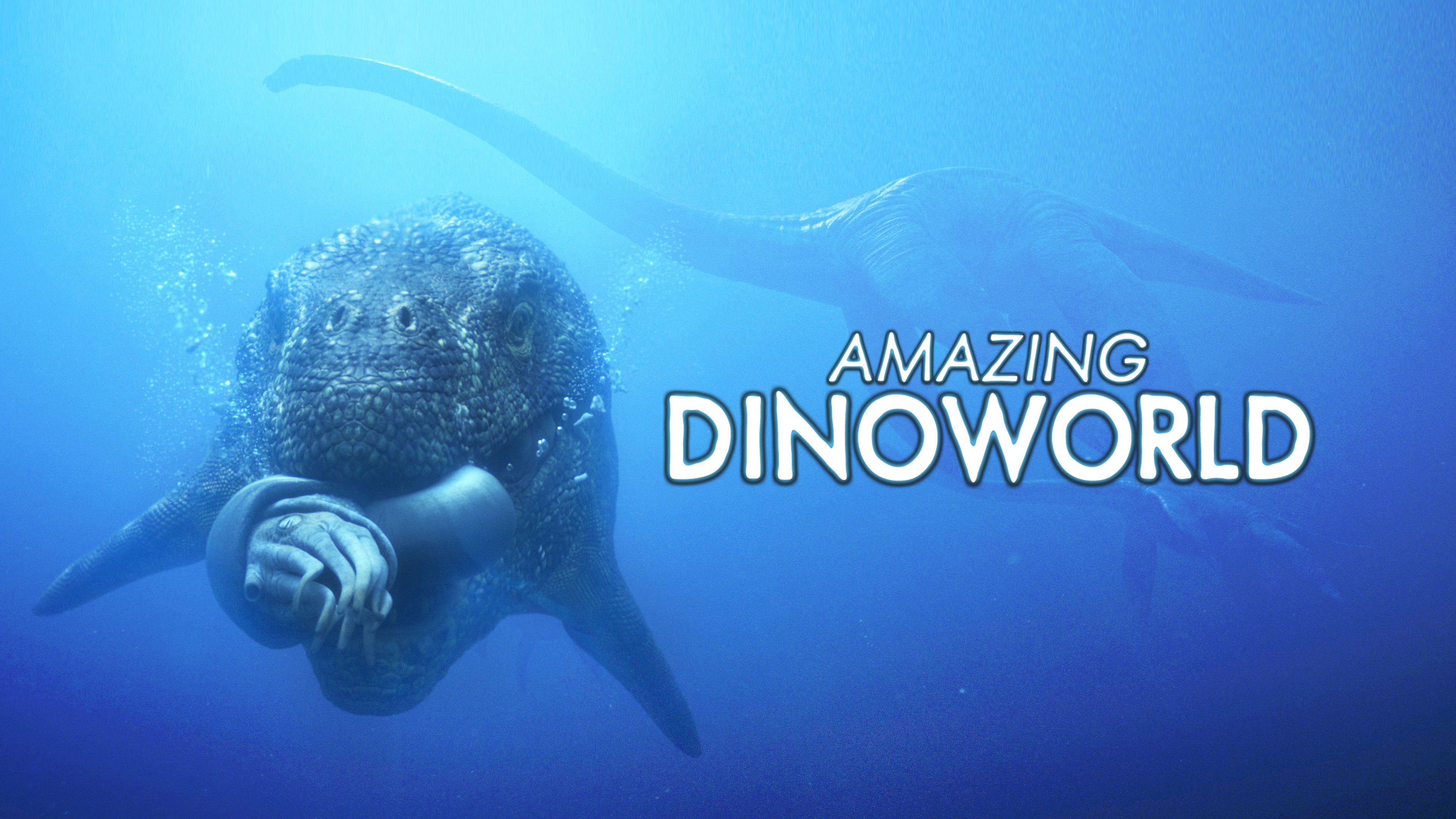 Original
Original- E2
- 48m
- 97%
Research has made headway into the world of the "gigantic dragon" that ruled the prehistoric seas. What do we know about how this massive predator was able to dominate the oceans of 60 million years ago?
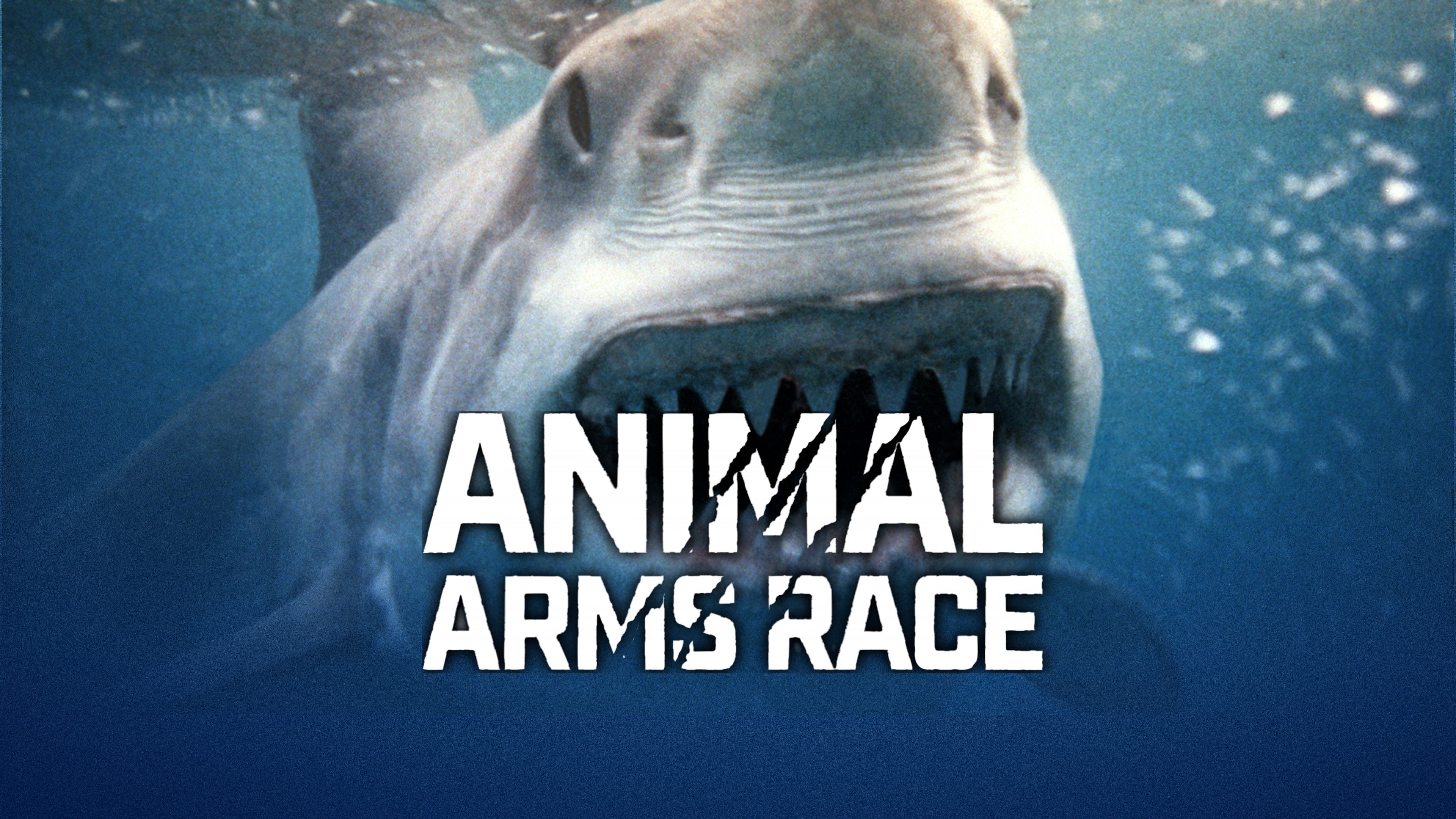
- E2
- 52m
- 97%
Today 70% of the Earth's surface is covered by water. Oceans were the world's first battlegrounds, and they are still the largest. In this big blue battleground, every creature has its own set of weapons for finding prey or avoiding becoming prey themselves.
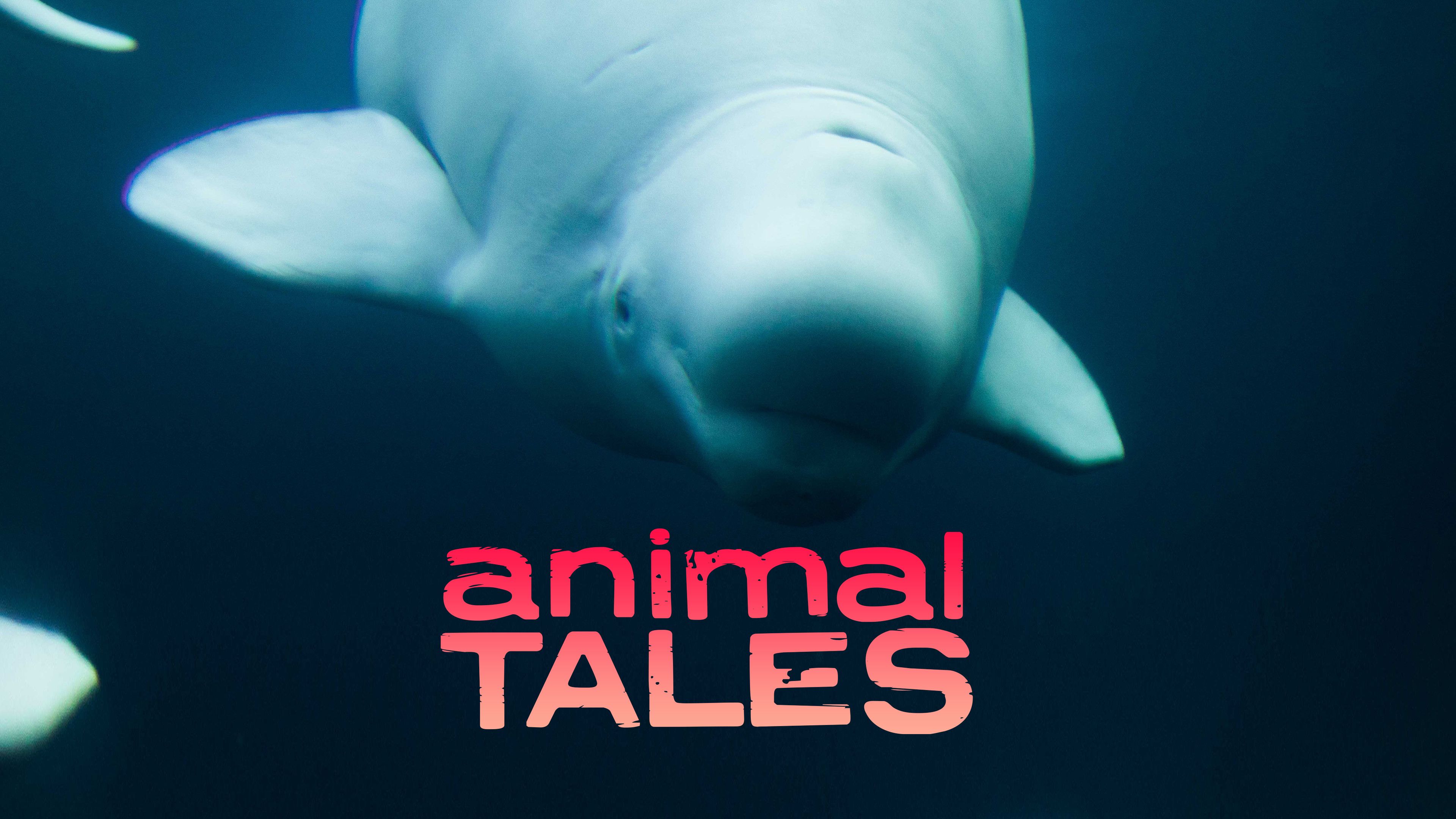 Original
Original- E1
- 12m
- 92%
The Arctic’s beluga whales are so vocal they’ve been nicknamed the “canaries of the sea.” No one knows how many of the unusual animals still exist because they’re so difficult to study, but researchers believe the population around the St. Lawrence River is in grave danger of vanishing.
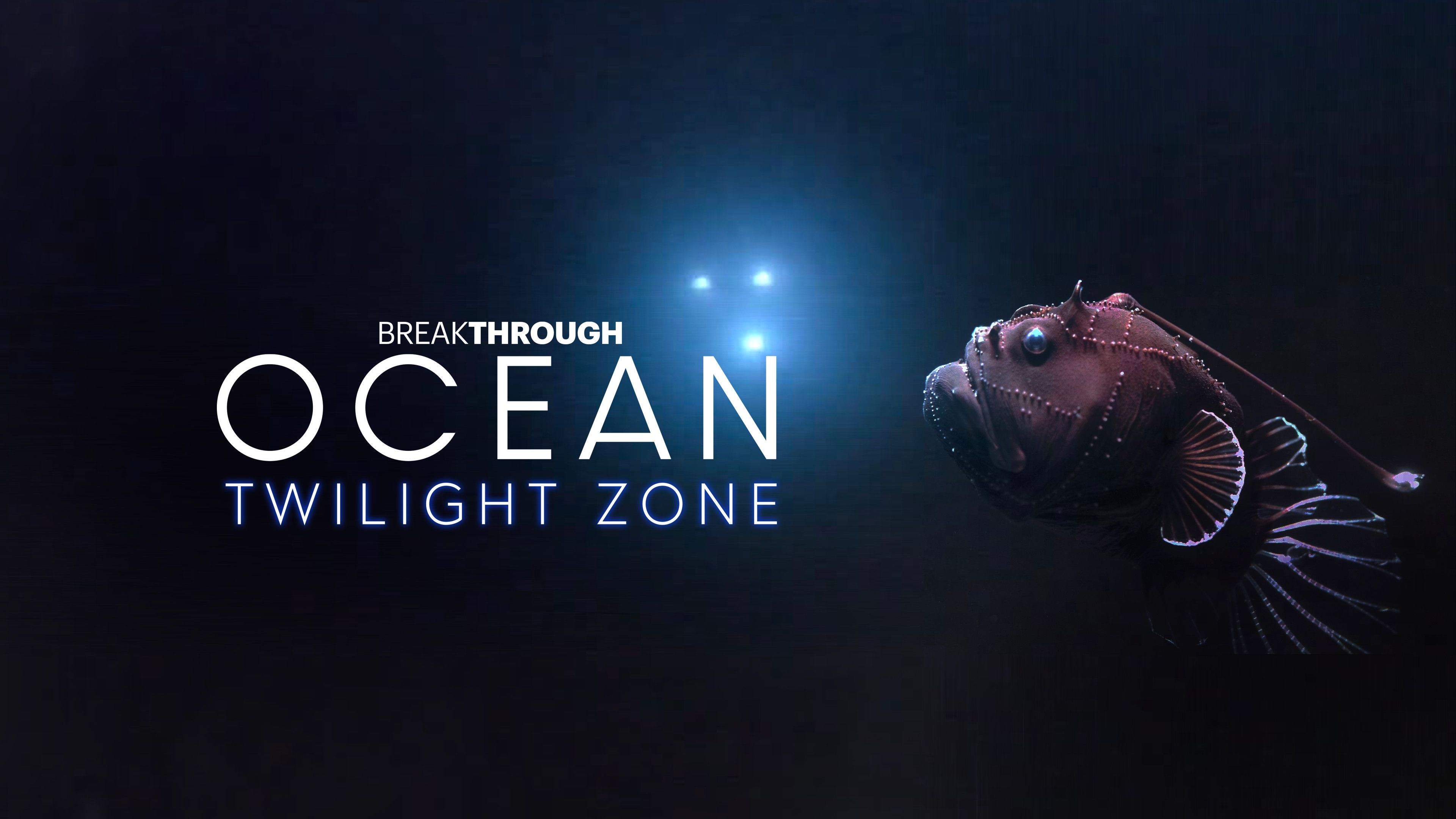 Original
Original- E67
- 21m
- 95%
A team of scientists embarks on a quest to explore the mesopelagic zone or ocean twilight zone which sits beneath the surface layer of the ocean and stretches around the world. This mysterious region just might hold the key to climate change and the planet’s future.
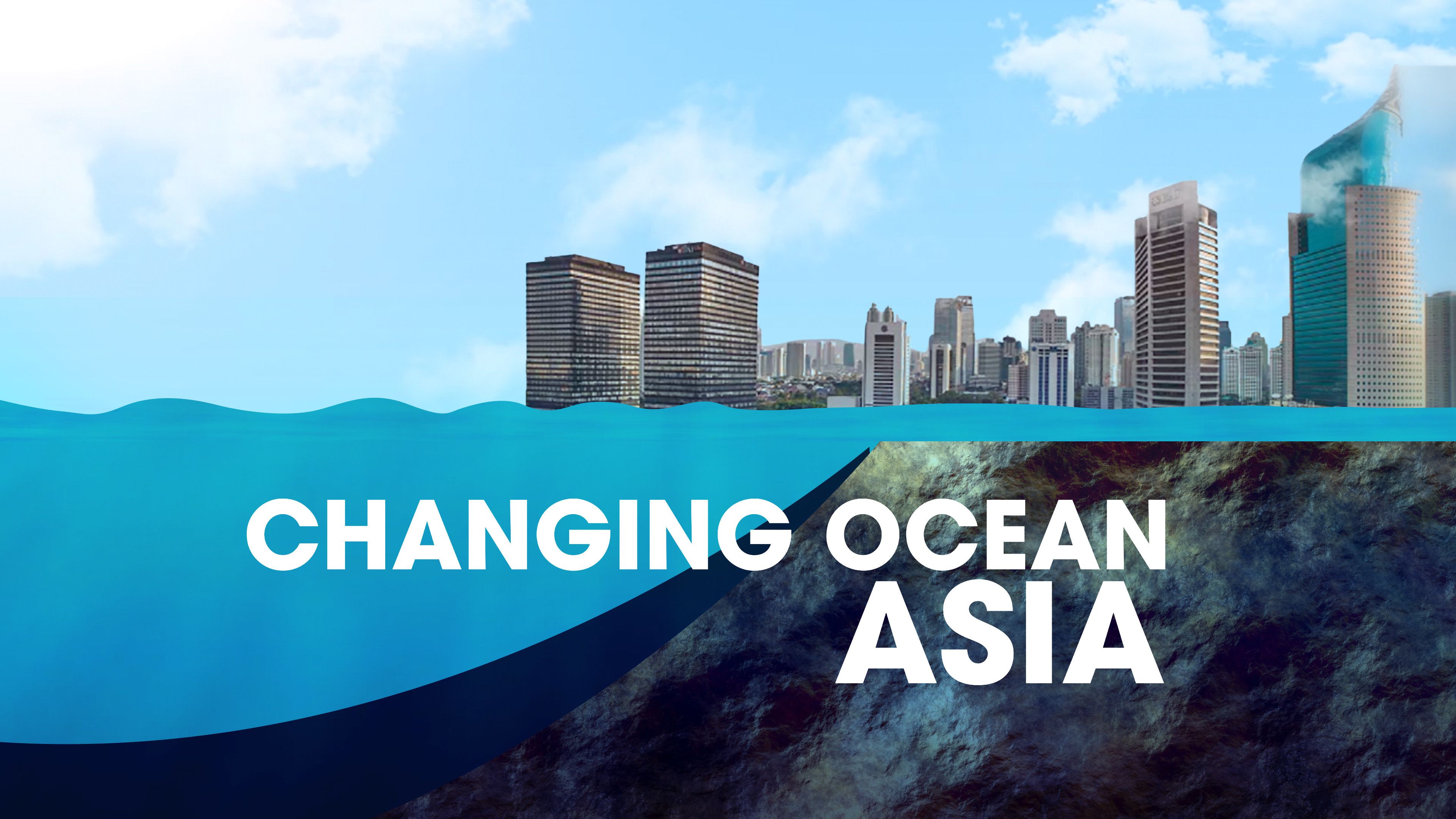 Original
Original- 4 episodes
- 94%
Across south-east Asia there are mega cities sinking fast. The race is on to predict how fast cities will sink.
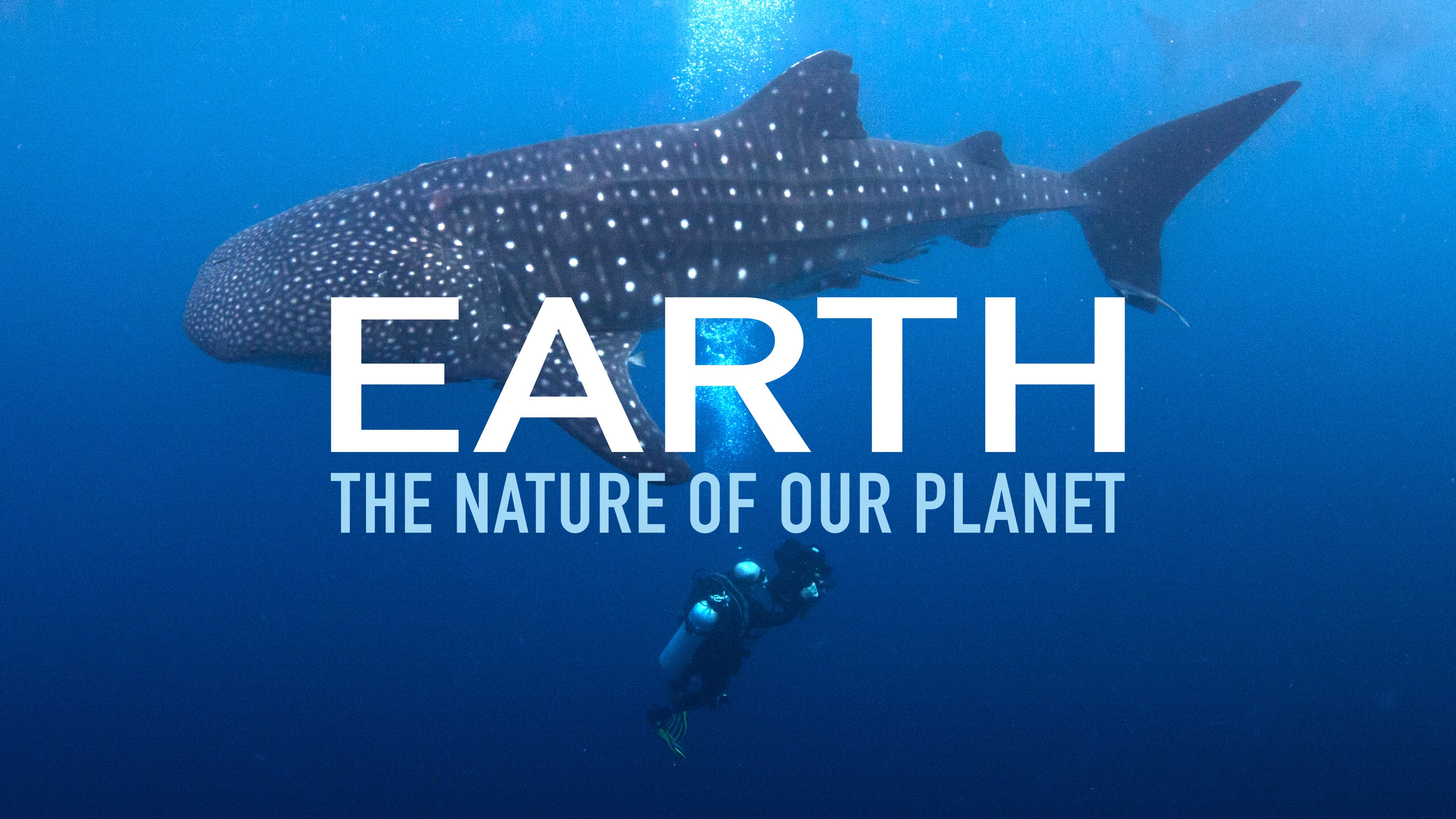
- E3
- 49m
- 97%
Water is the essential element. It is everywhere, in the air; the earth; and in the oceans. Water has the power to shape life, yet every day the ocean surrenders to a much greater force; the gravitational pull of our moon.
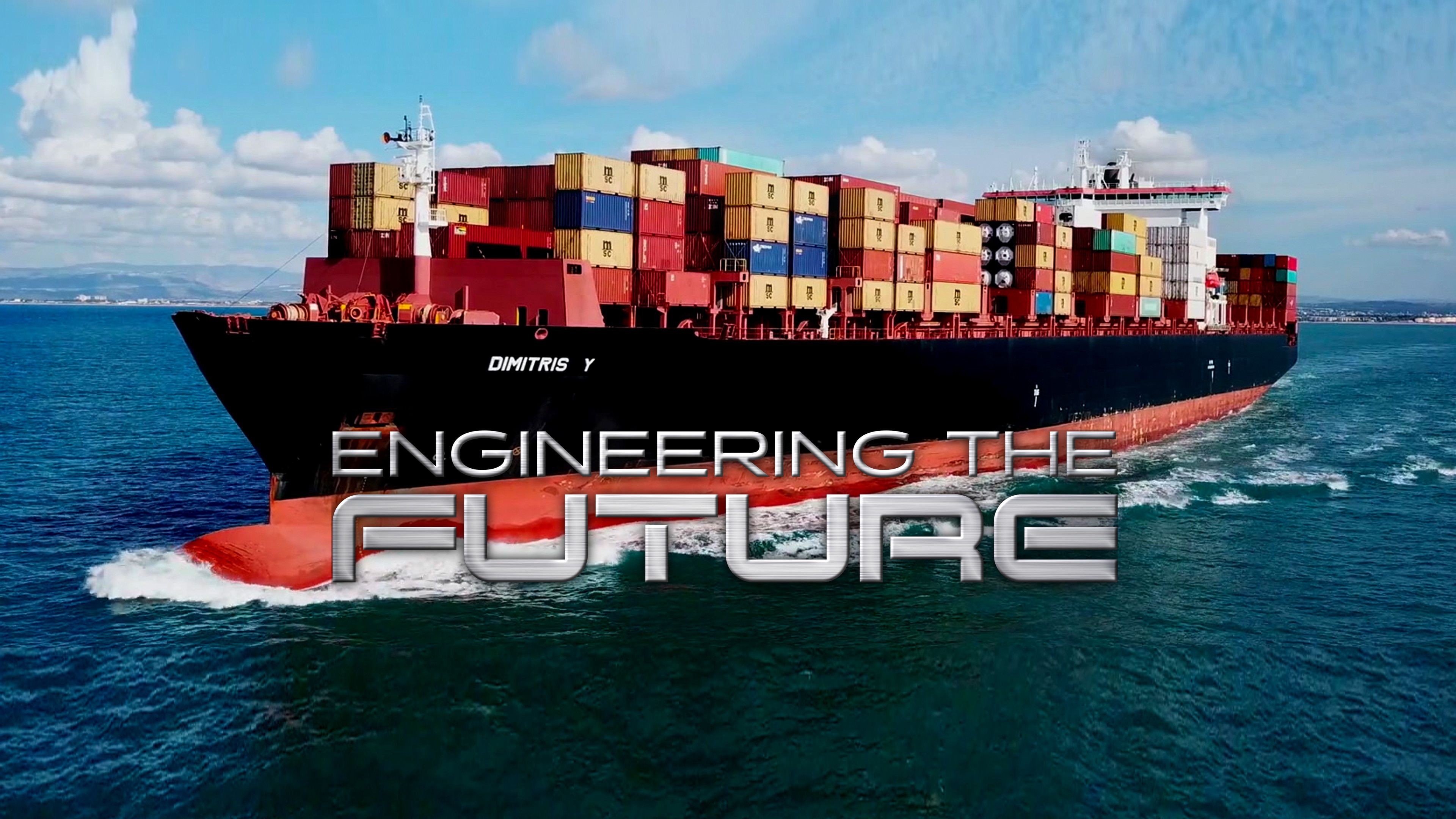 Original
Original- E5
- 51m
- 97%
If global shipping were a country it would be the sixth largest producer of greenhouse gas emissions. But shipping companies and engineers are creating remarkable new machines to make their industry greener, using a resource that has moved man across the world’s oceans for thousands of years…Wind.
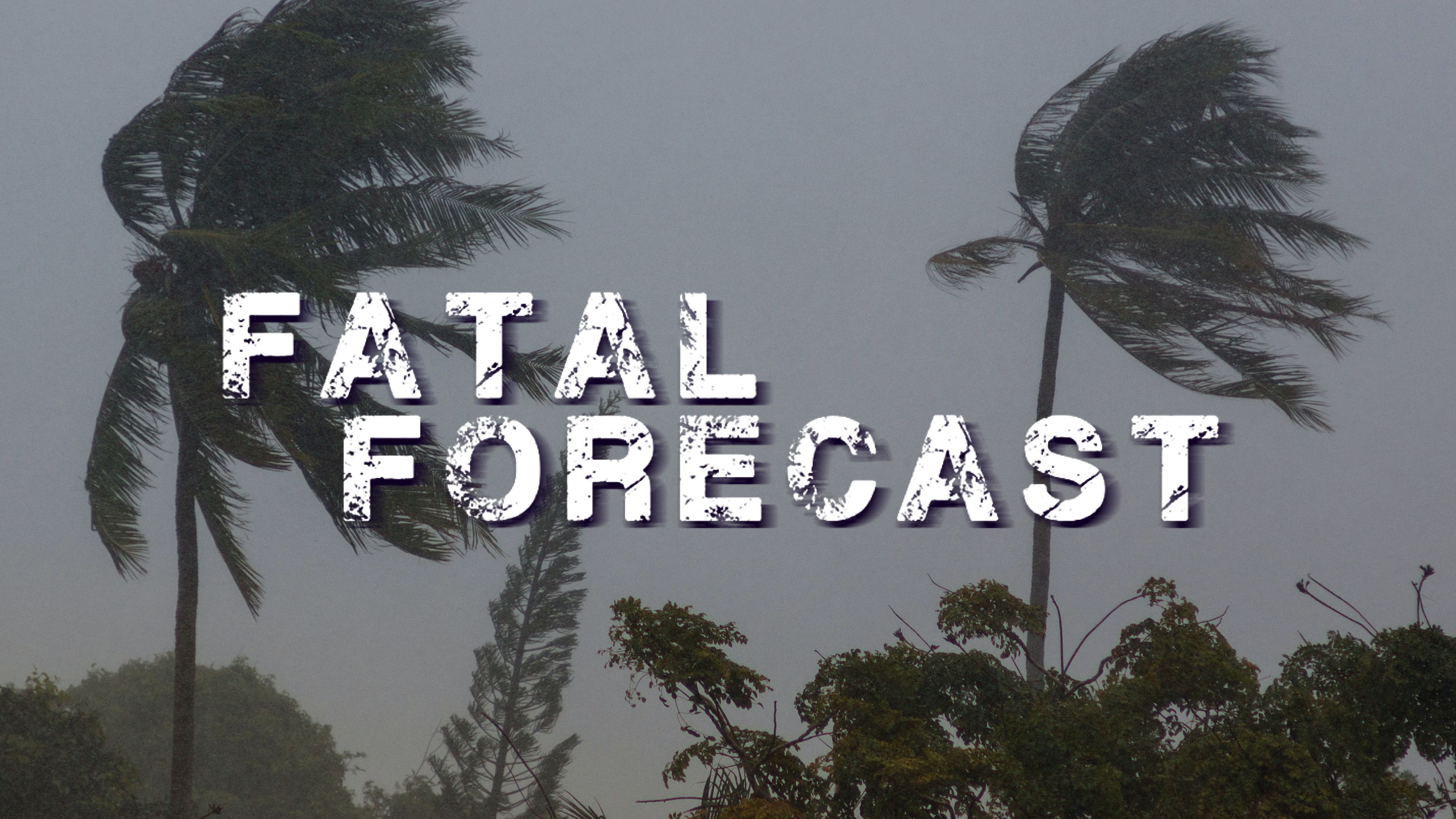
- E6
- 52m
- 96%
Every year, there seems to be an ever-increasing number of news stories about violent storms hitting various areas of the planet. Known as "hurricanes" in the North Atlantic Ocean, these tropical storms can reach speeds of up to 160 miles per hour and trigger 2.4 trillion liters of rain per day.

- E2
- 45m
- 95%
By 2065, the waters surrounding the island where Singapore lays may be dramatically impacted. Under such circumstances, living on the sea in floating communities would be commonplace while growing massive crops of food and generating power would become crucial to the city’s survival.
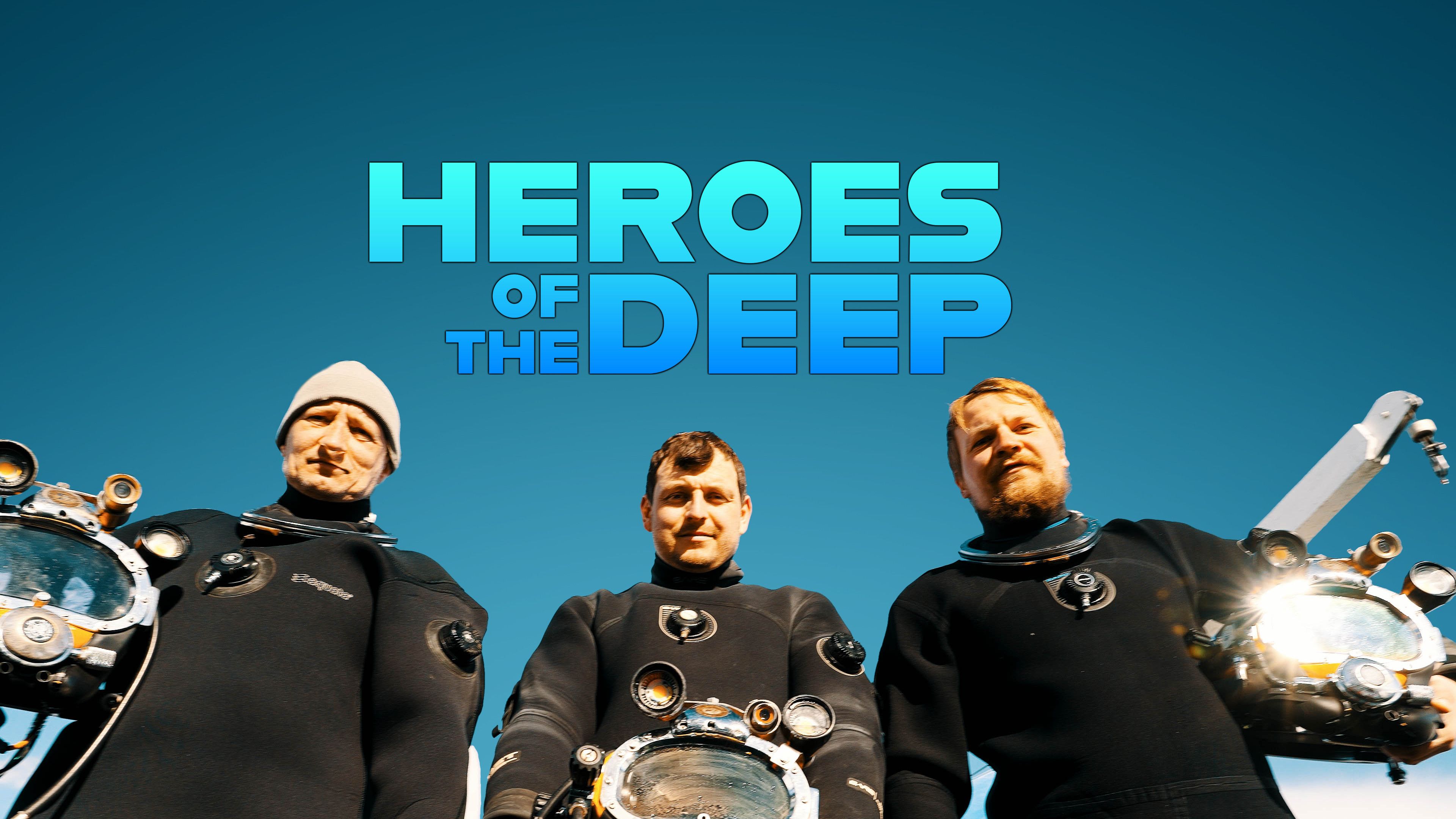
- 4 episodes
- 90%
Follow the brave divers who journey to the depths of the Baltic Sea to uncover its hidden war stories.
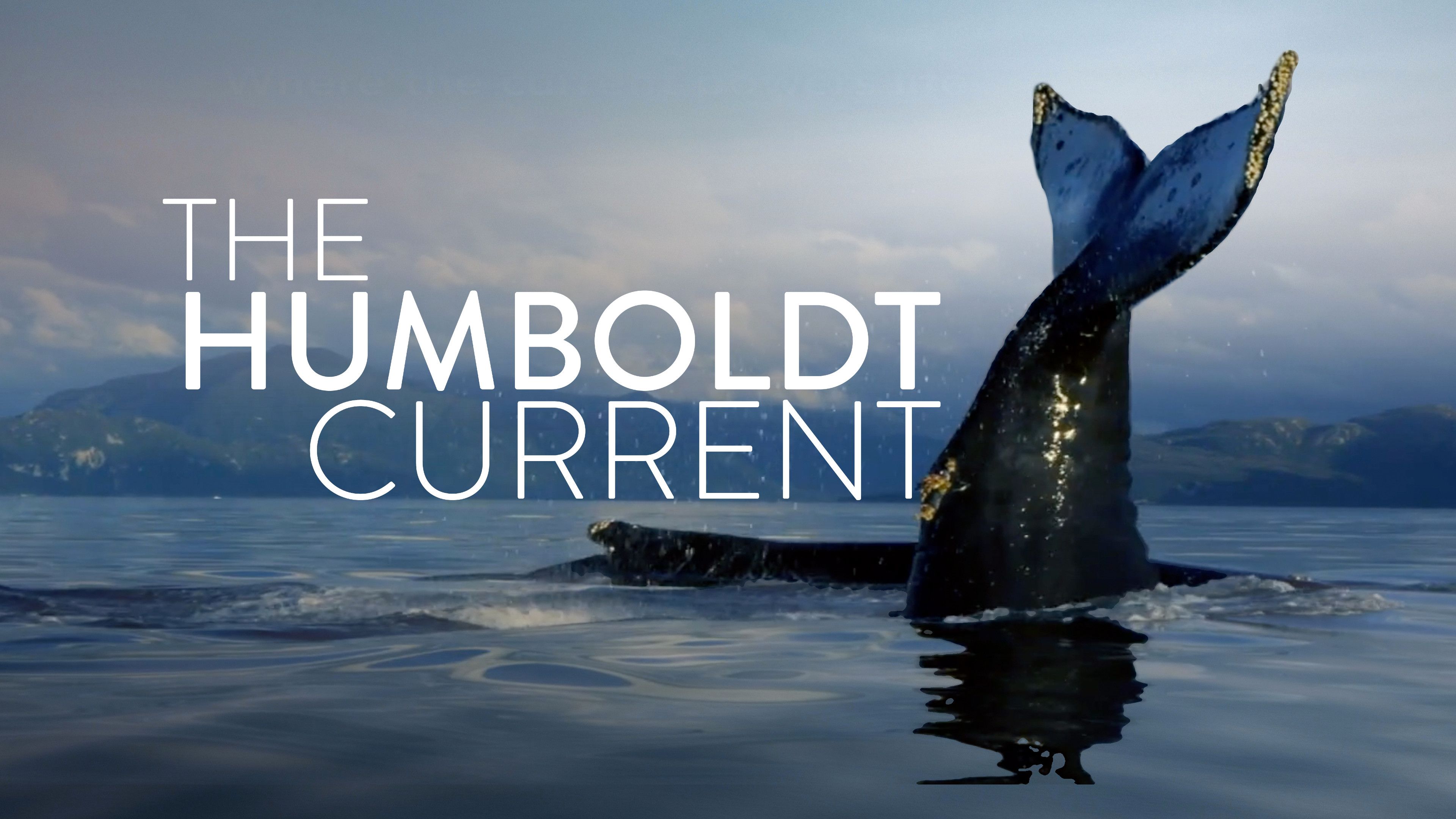 Original
Original- 3 episodes
- 97%
The Humboldt Current is part of a much larger system, the South Pacific Gyre, and the equator as its uppermost limit.
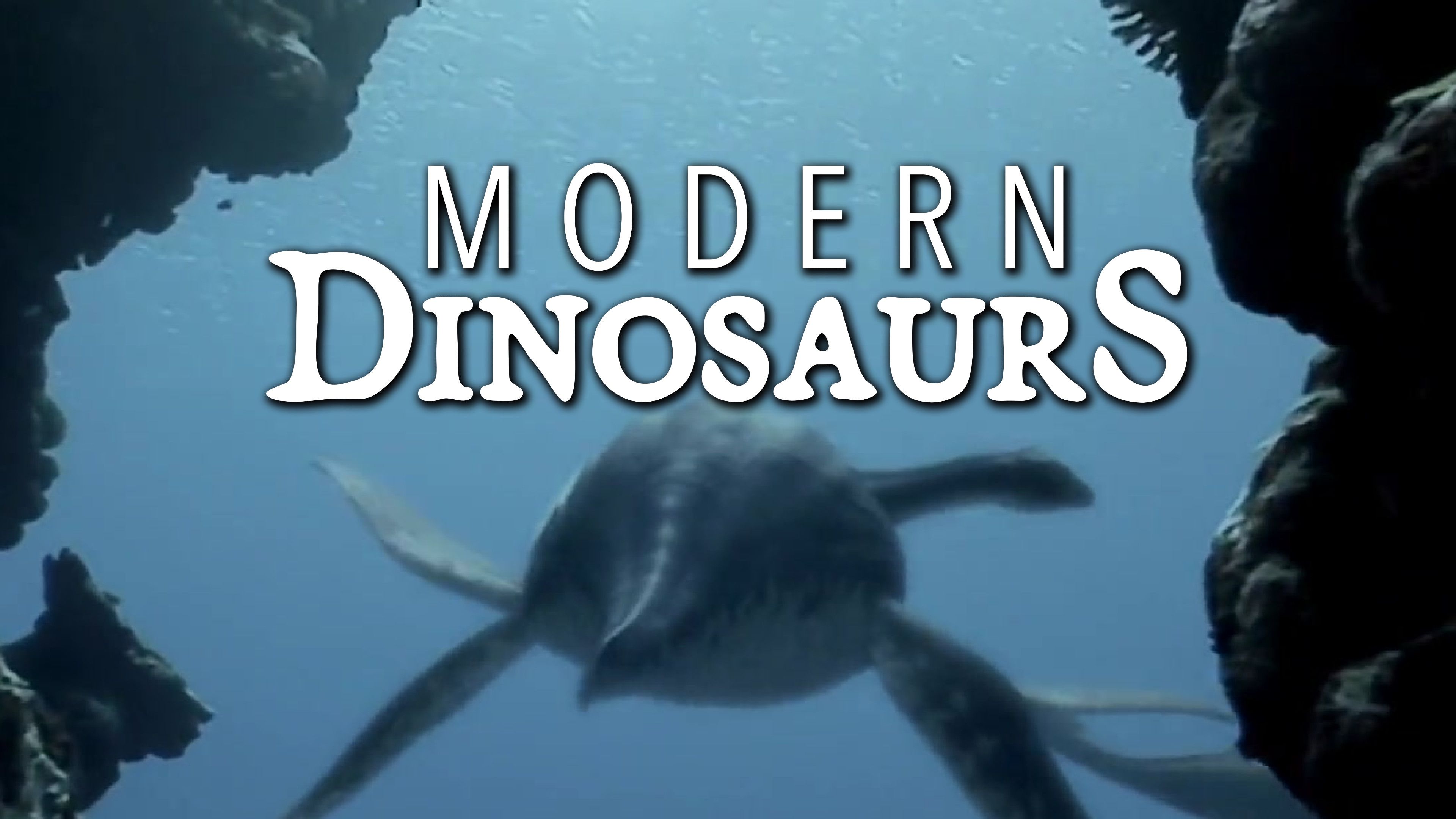
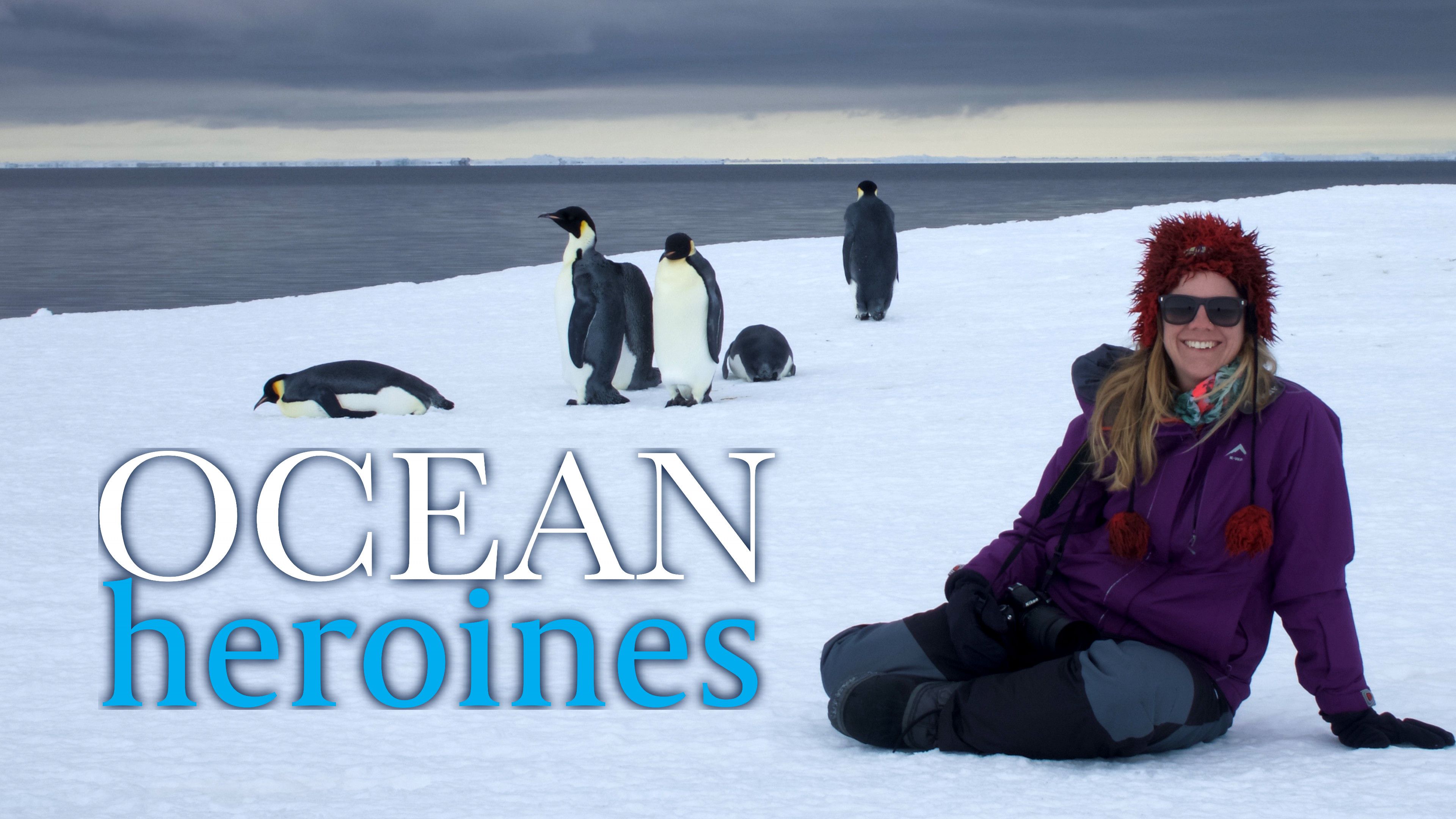
- 2 episodes
- 93%
Follow 6 daring female marine scientists who are on a mission to save our planet’s life support system: the Ocean.
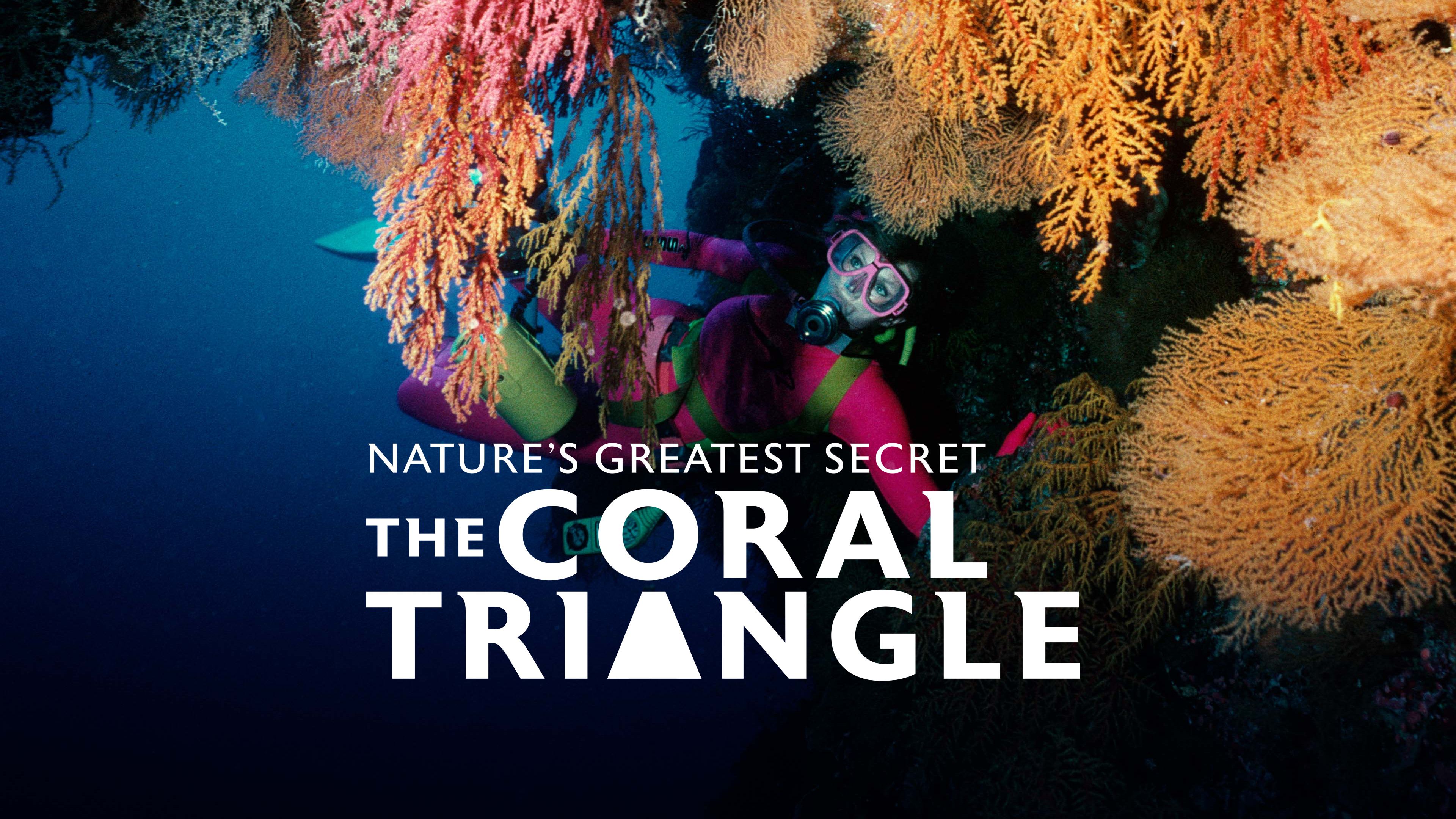
- 3 episodes
- 96%
The exploration and management of the Coral Triangle may well hold the key to the survival of marine species from all over the world.
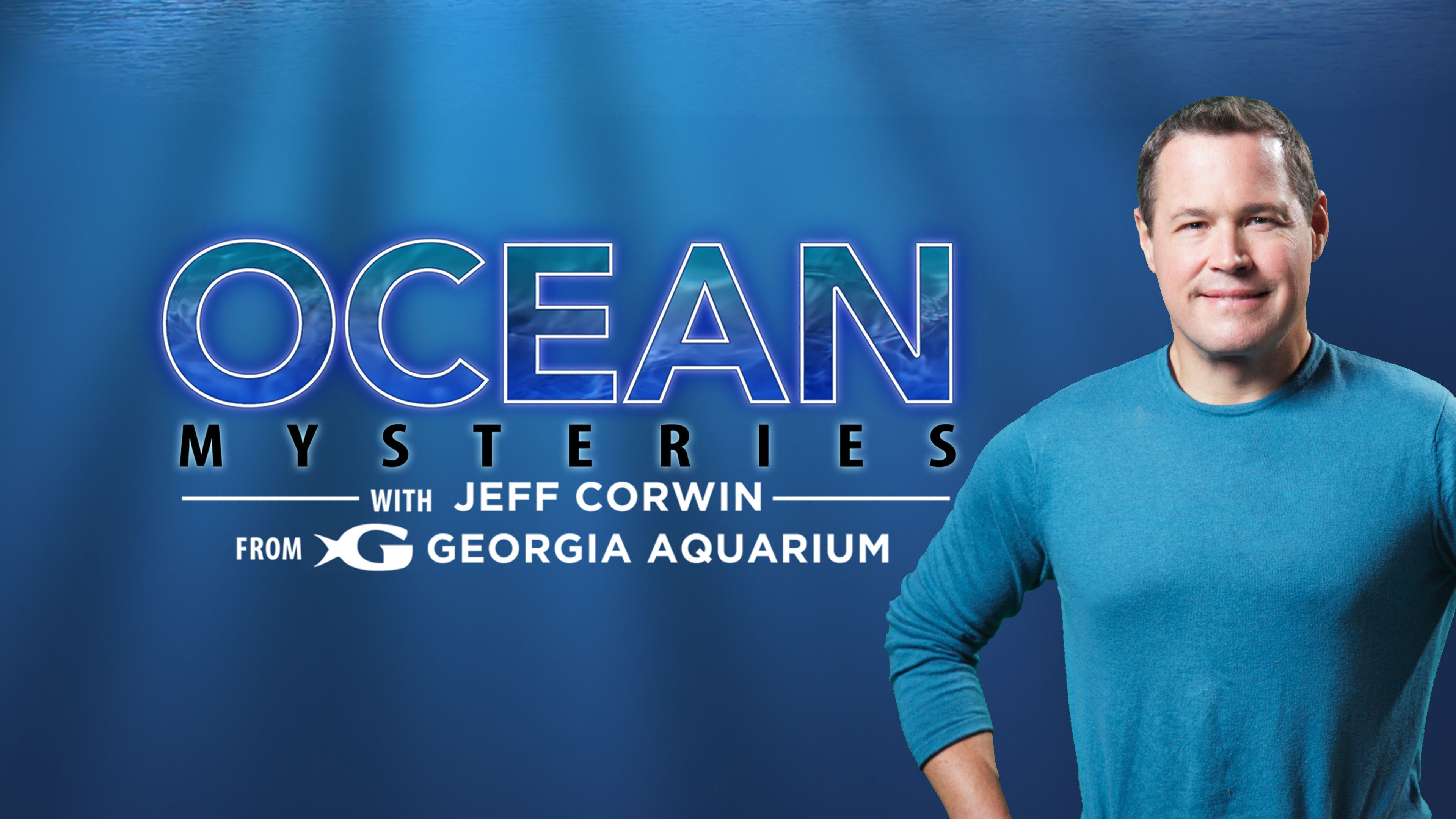
- 26 episodes
- 94%
Host Jeff Corwin finds out what goes into running the largest aquarium in the world and travels around the globe to learn about animals.
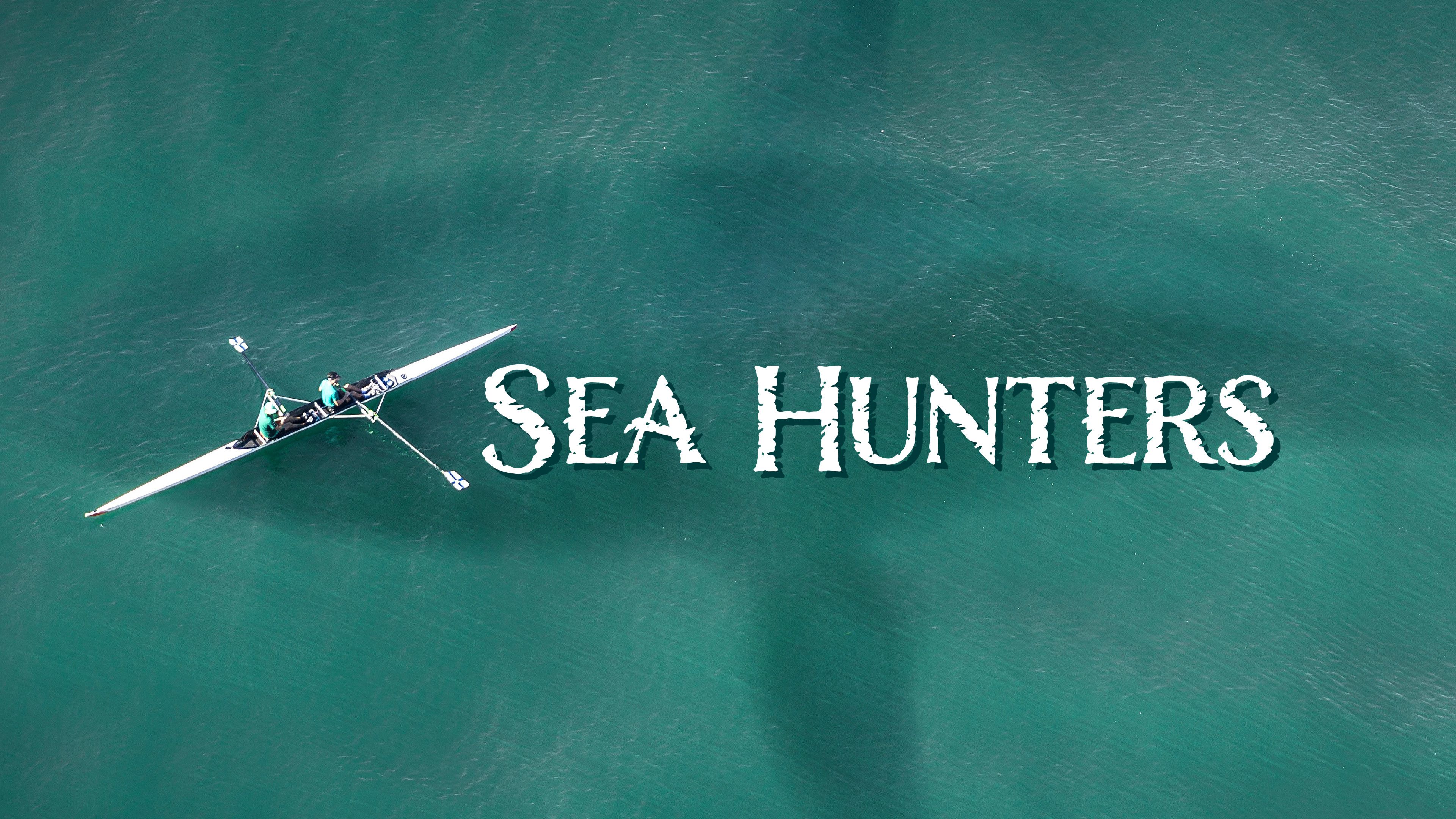 Original
Original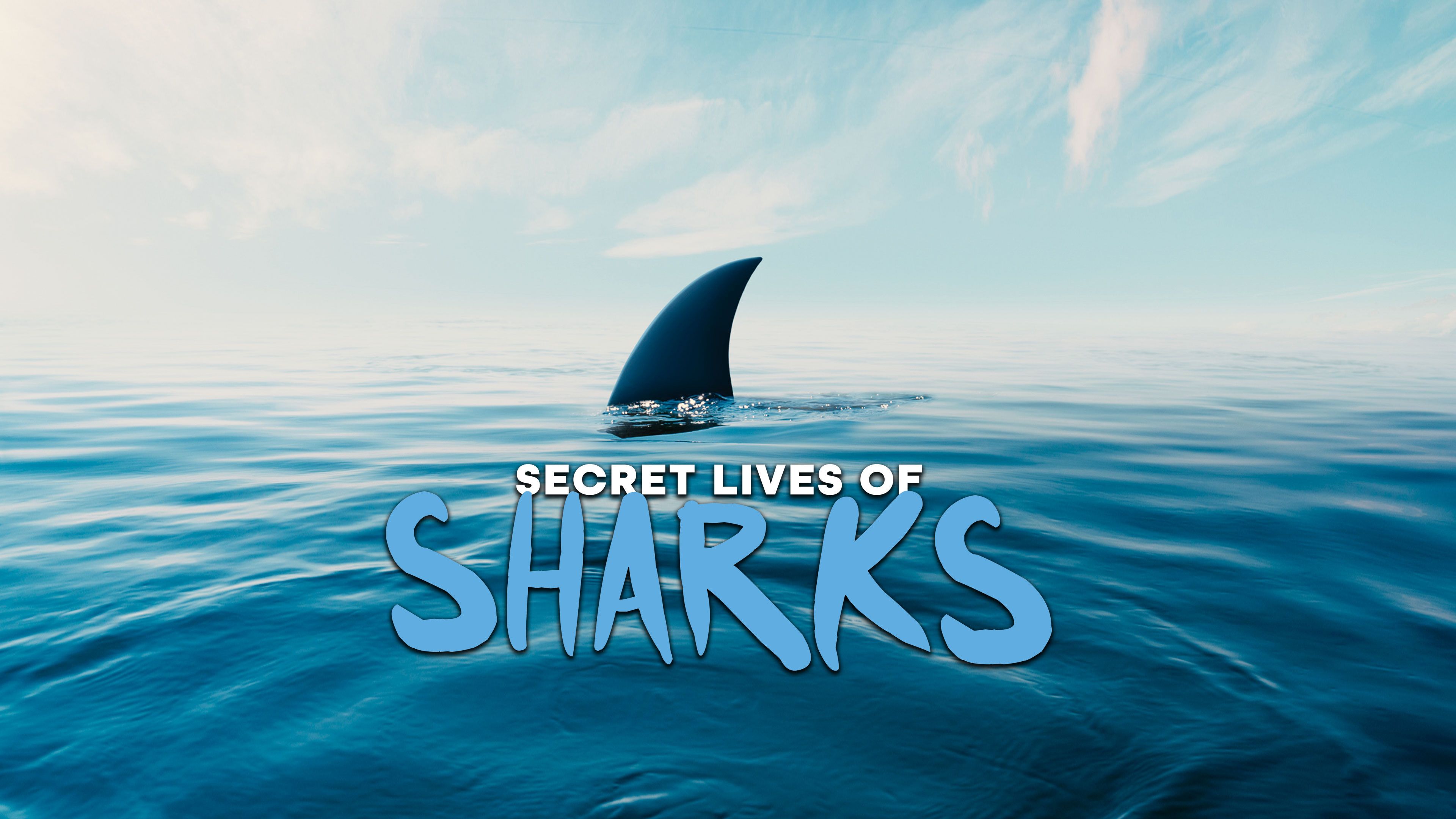 Original
Original- 3 episodes
- 95%
Go behind the scenes of wildlife filmmaking and join Andy Casagrande, as he gets up close and personal with some of the most iconic sharks.
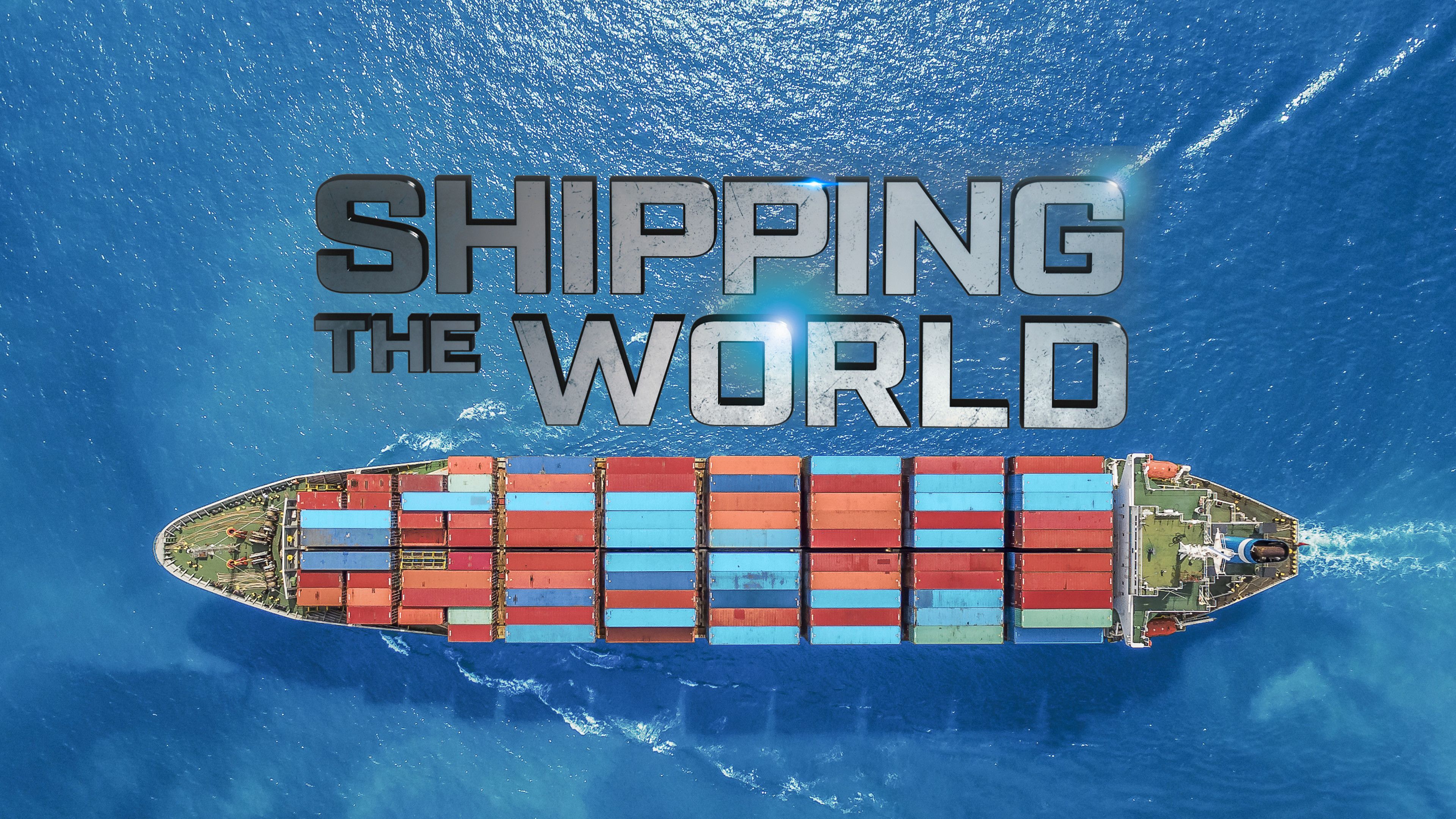
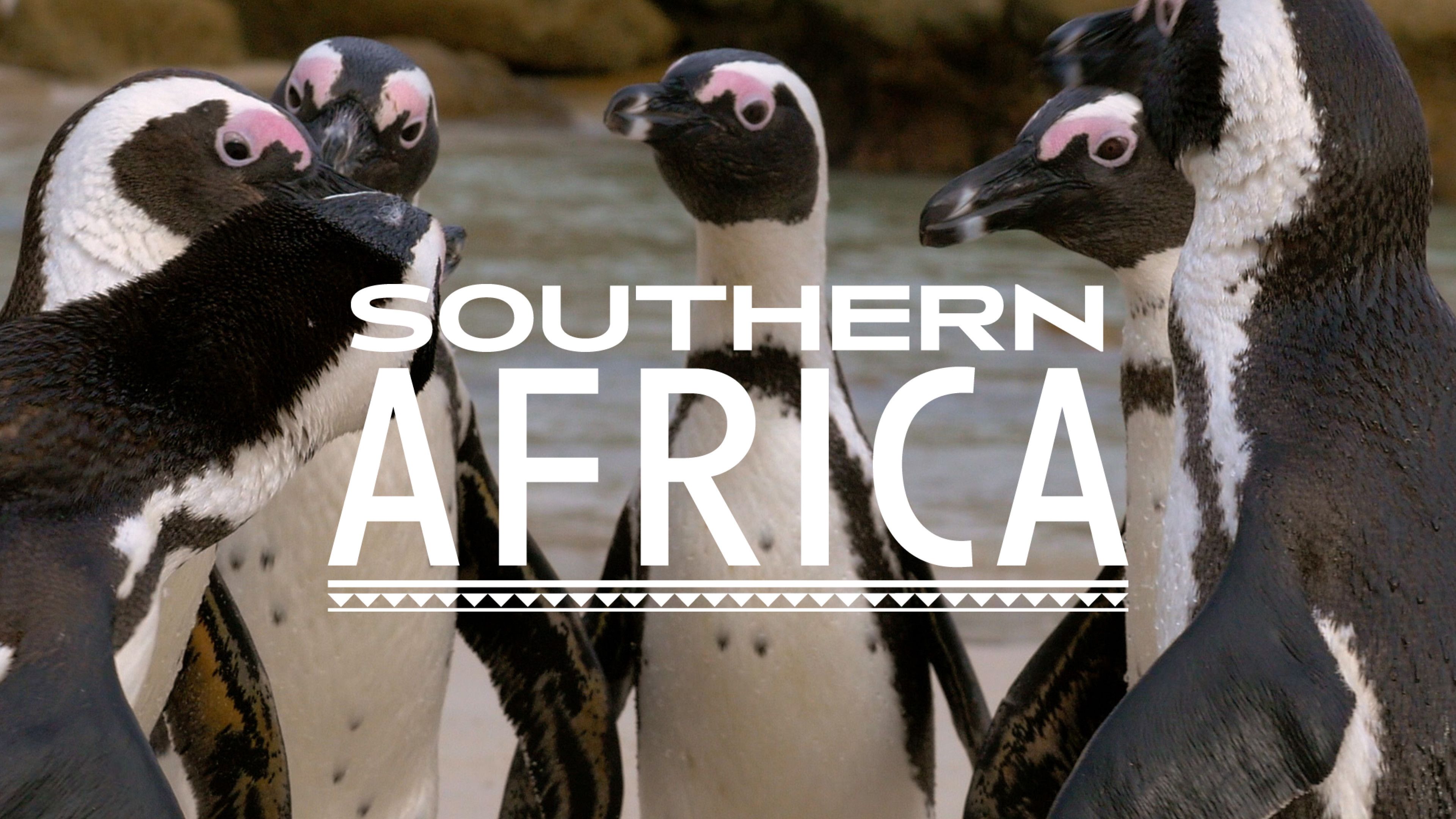
- E3
- 49m
- 98%
Follow the wildlife that lives on the South coast of South Africa, from the Cape Peninsula to the Mozambique wetland beaches, passing through the Drakensberg Mountains. It’s the wet season now and the tropical forest becomes the homeland of thousands of birds.
 Original
Original- E1
- 49m
- 96%
Throughout history, human society has run on trade, and trade moved on the oceans. The innovations that allowed faster and more accurate oceanic travel revolutionized the world. New inventions now help people and goods move on the water faster for recreation and commerce.
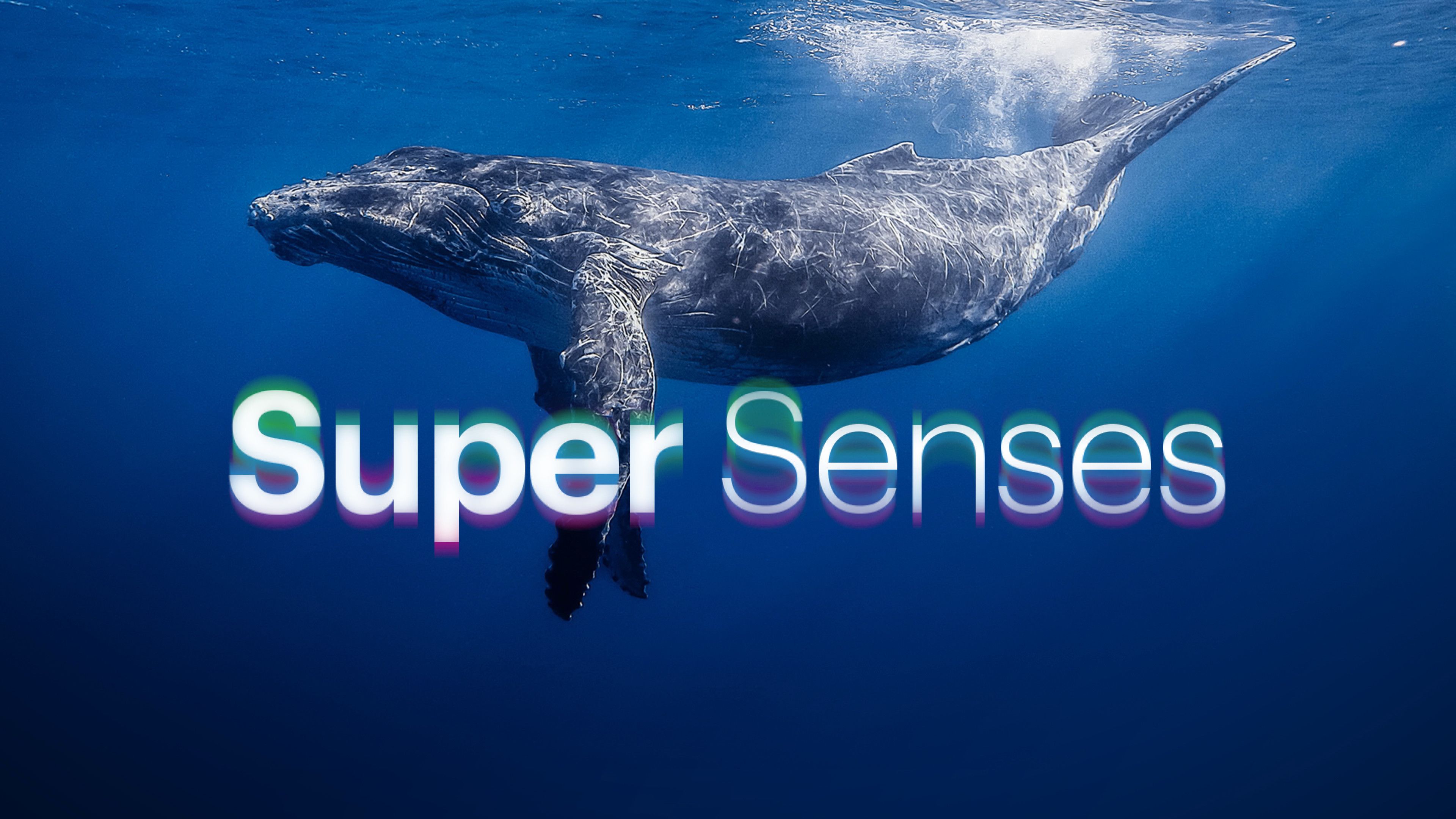
- E8
- 25m
- 96%
While all life began in the oceans, human beings now rely on technology to navigate the seven seas - left to our own devices; we're like the proverbial fish out of water. Only the other way around.
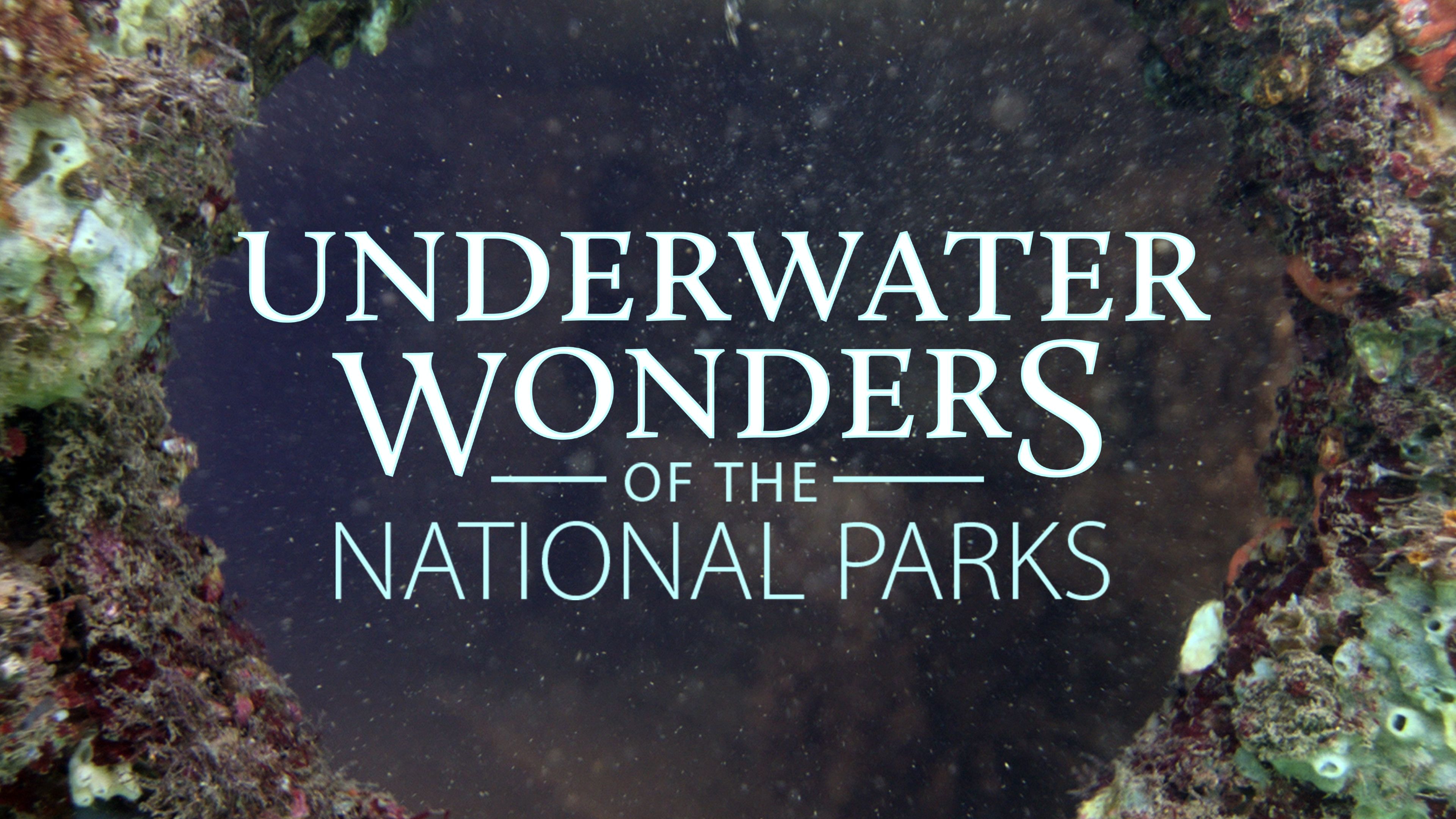 Original
Original- 7 episodes
- 97%
The US National Parks have some of the most iconic landscapes in the U.S. But there is also an underwater side to explore!
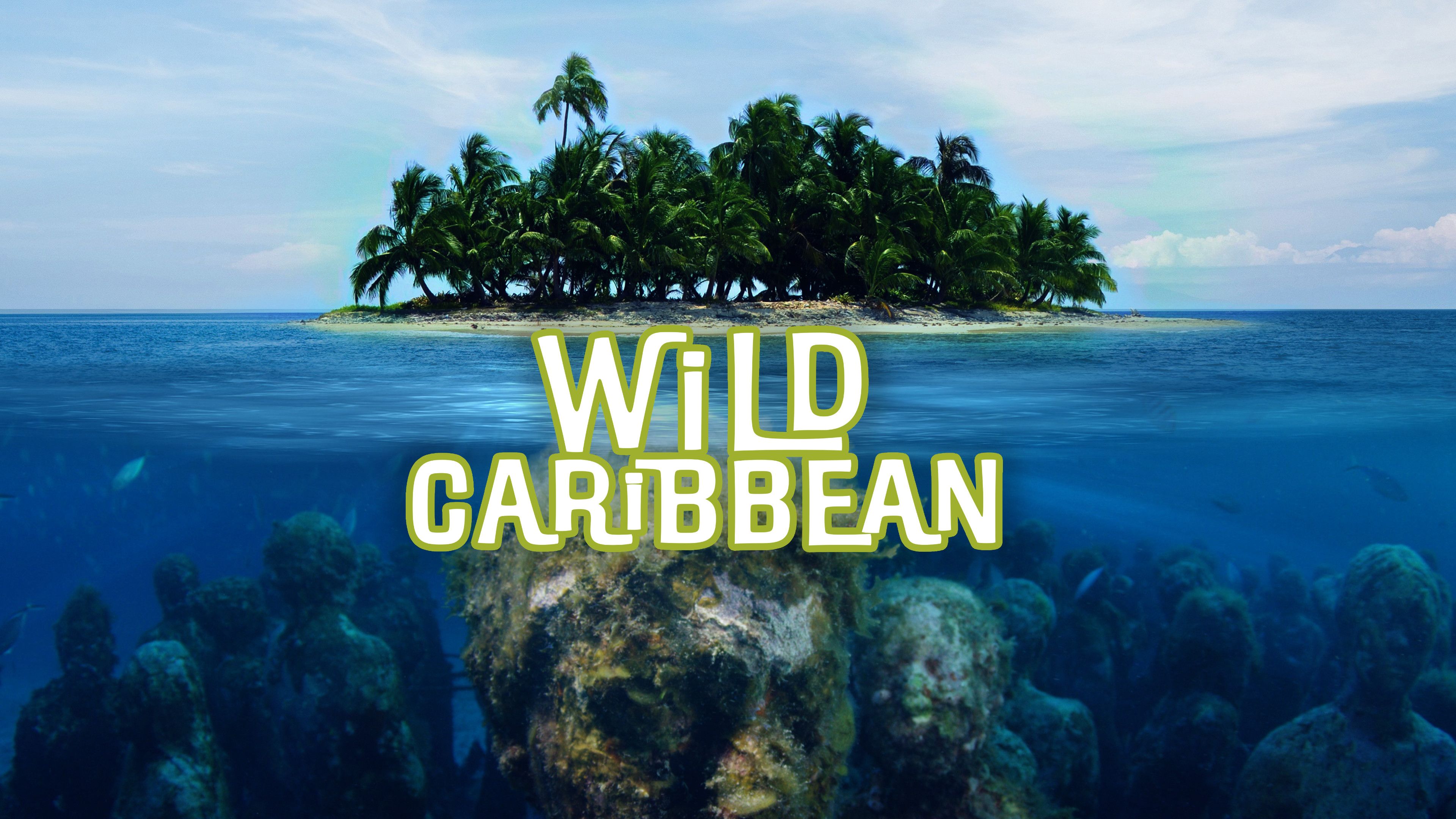
- 3 episodes
- 97%
For the first time, the hunting behavior of lightning-fast predators such as sailfish is studied using the latest HD technology.

- E2
- 54m
- 96%
See many of Chile's varied marine animals as a group of dedicated filmmakers tries to have a close encounter with the largest animal to ever live on Earth, the blue whale.
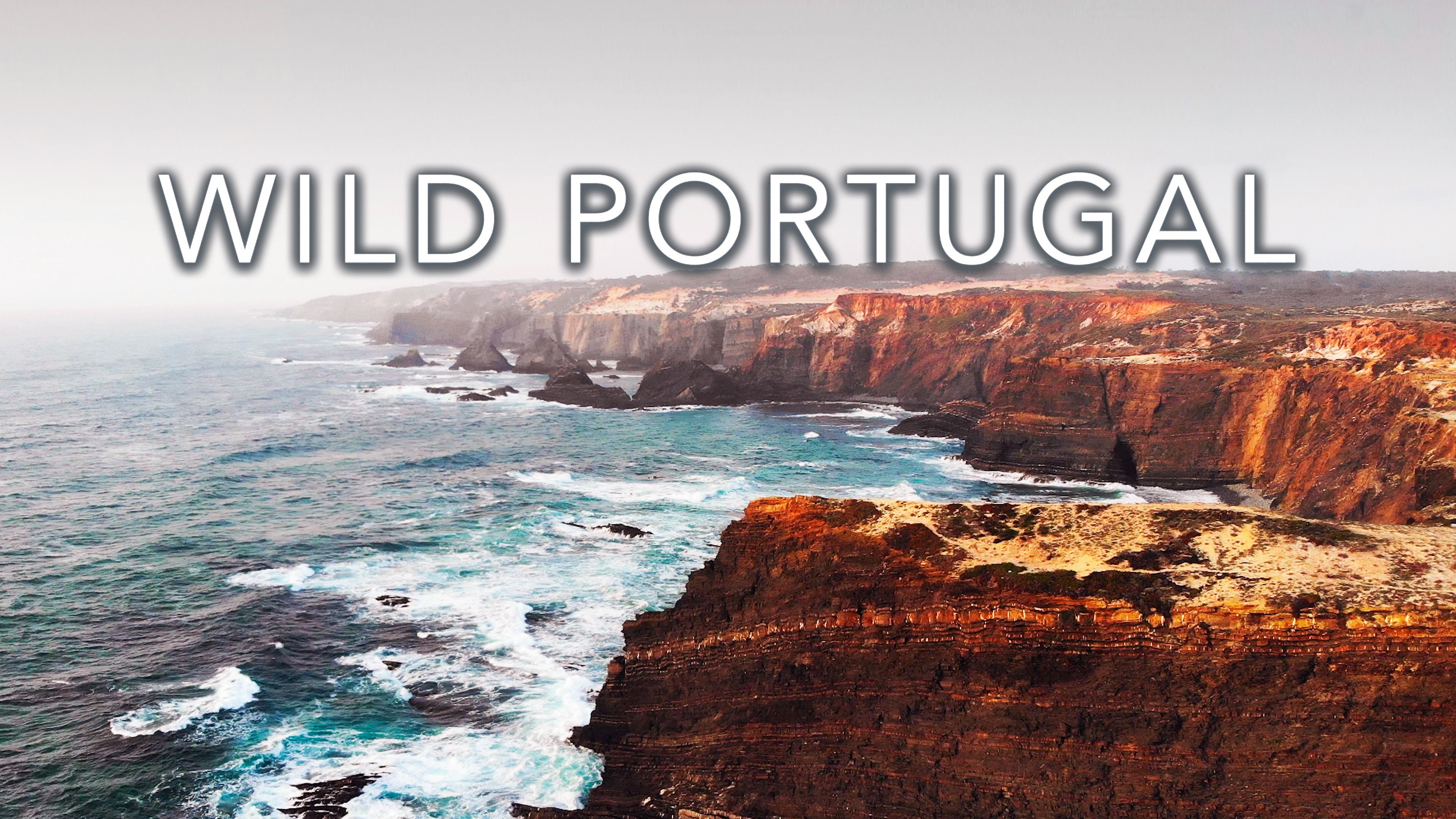
- E3
- 49m
- 98%
The richness of Portugal's coastal waters is amazing. Thousands of creatures live here, both in the water and on land. The Portuguese coast is the ultimate frontier before the Atlantic Ocean. In the middle of the Atlantic, the archipelago of the Azores is home to one of the richest ocean ecosystems.
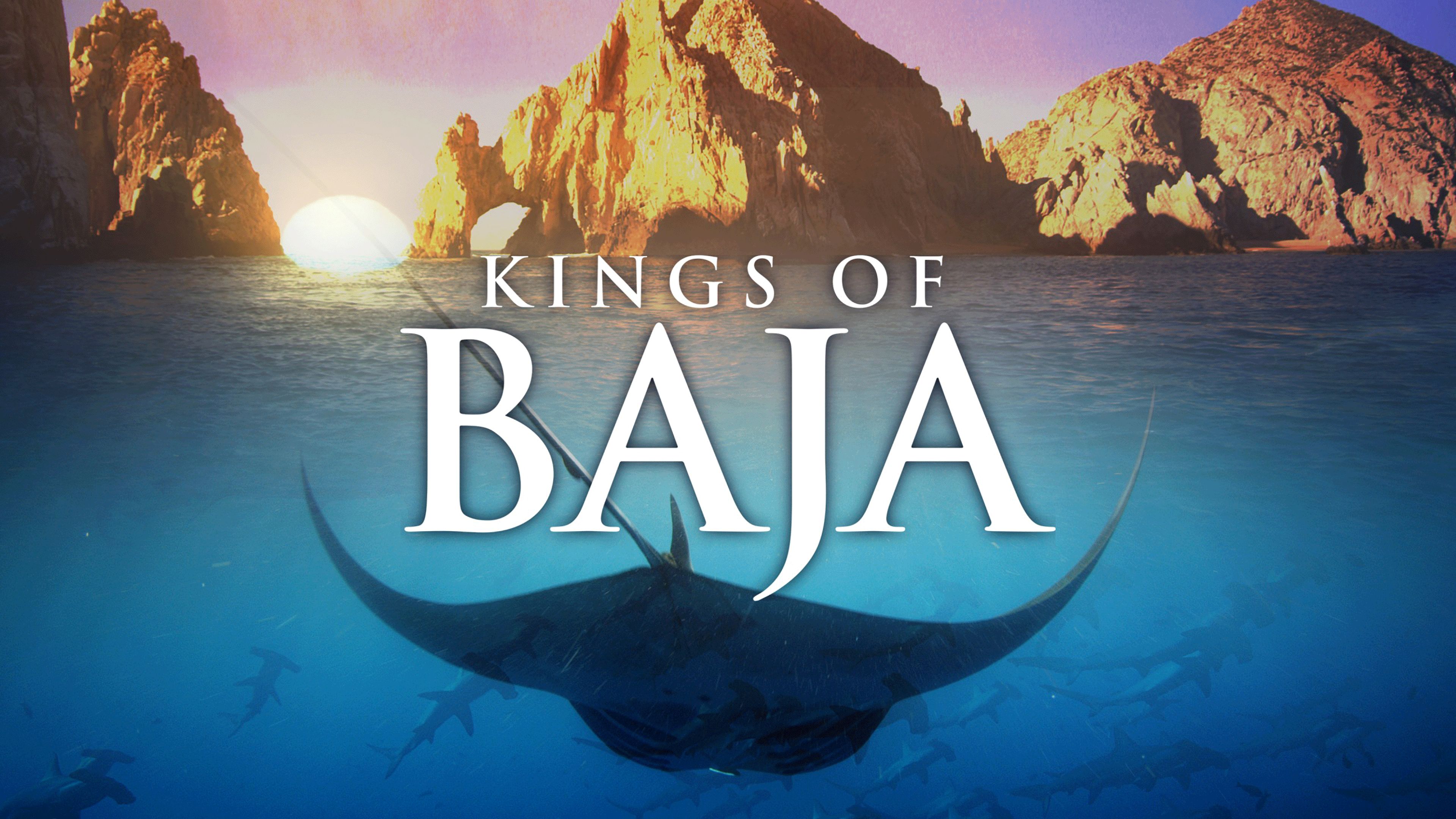
- 46m
- 97%
There are few places on earth more forbidding and beautiful than Baja Mexico. 800 miles long and 10 million years in the making, it is home to a punishing desert and the most diverse sea on the planet. Explore amazing ecosystems in the Sea of Cortez and join the hunt with charismatic megafauna.

- 49m
- 97%
Fjords' majestic and dramatic landscapes are just the tip of the iceberg. Fjords stand witness to the greatest wonders of the animal kingdom. Whether just below the surface, at the depths of the sea floor, or on dry land, the fjords offer an incredible bounty of wildlife.
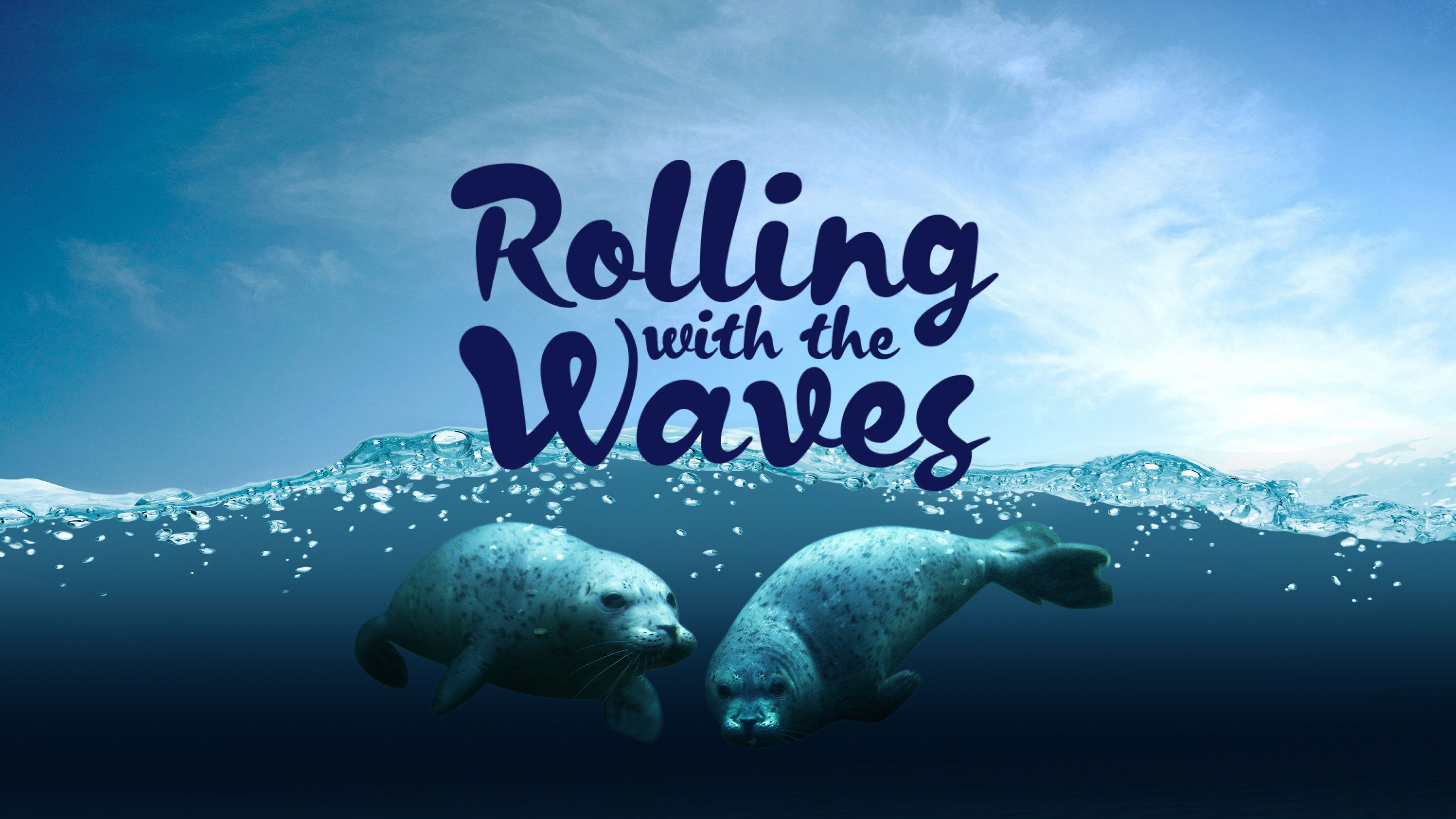
- 50m
- 97%
We love our coasts, and so do animals! The corridor of water where the open ocean meets coastal habitats is known as the surf zone. The churning forces of the waves crashing with the land make these some of the most food-rich waters on Earth.
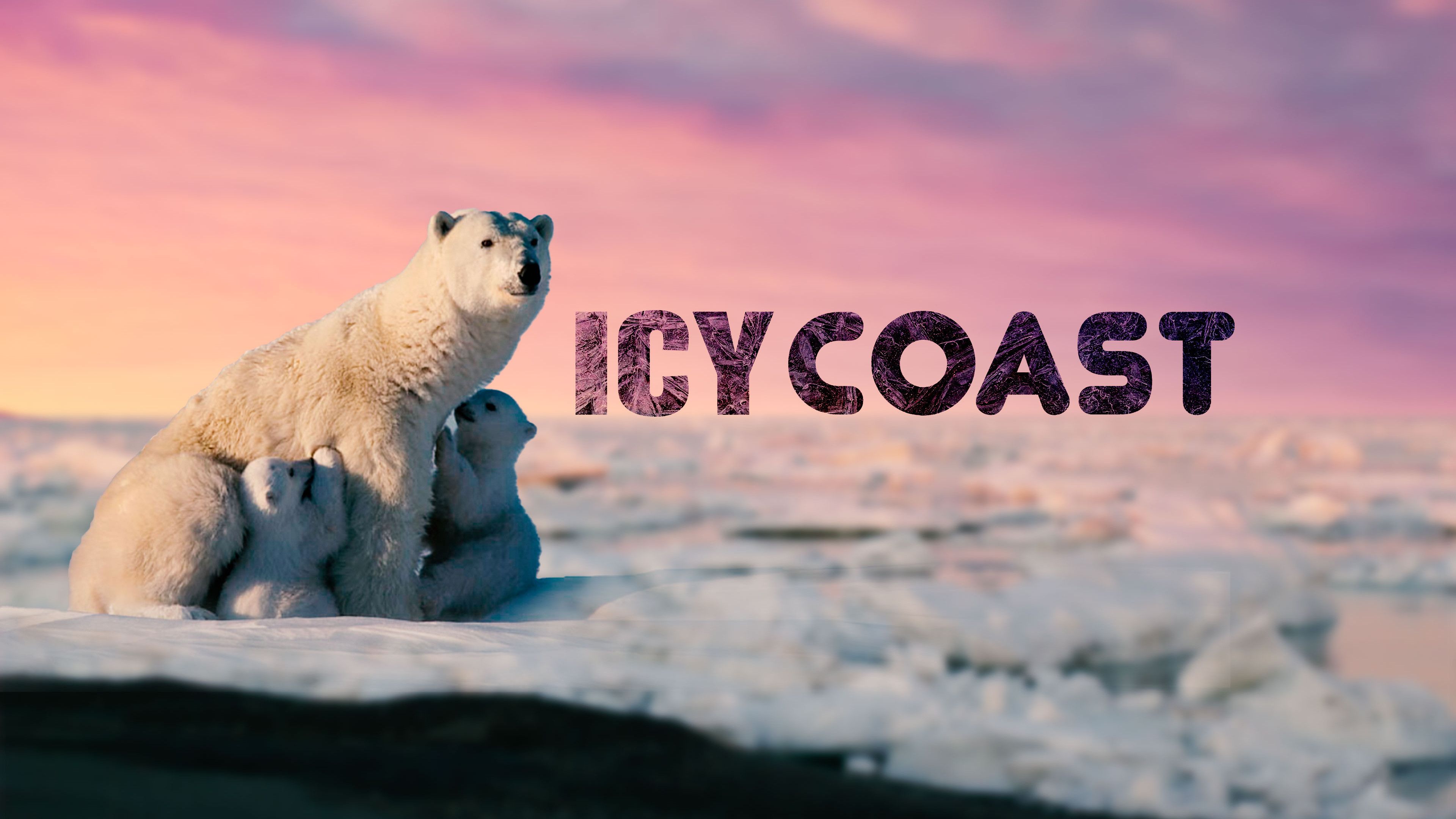
- 48m
- 97%
Cold coasts create bleak and challenging landscapes for all wildlife. Some are found in cold places and some are in hotter environments but engulfed by freezing ocean currents. However, both can reveal surprising riches for wildlife.
 Original
Original- 12m
- 97%
Sea Lions are the kings of the coastline, but evolution hasn't prepared them for rising ocean temperatures, depleted hunting grounds… or us. Meet the team responsible for rescuing marine mammals in distress, caring for them, and releasing them back to the wild.
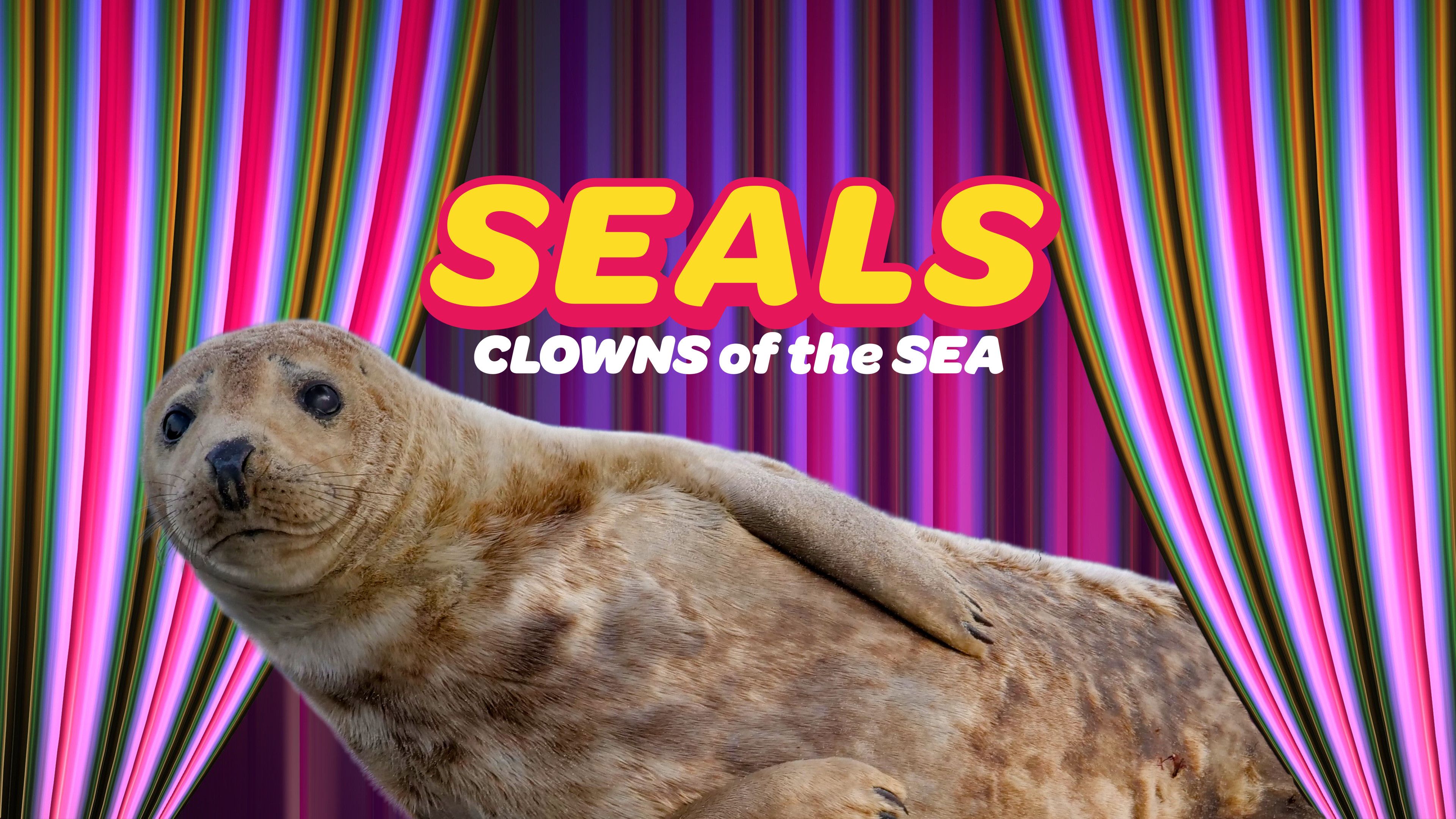
- 48m
- 94%
Much loved, clowns of the sea, seals are endlessly fascinating. Agile hunters and graceful in the water, and yet bloated sausages on land, seals entertain us with dramatic courtships, an endless playful sense of curiosity, and some of the cutest fluffy white babies on the planet.
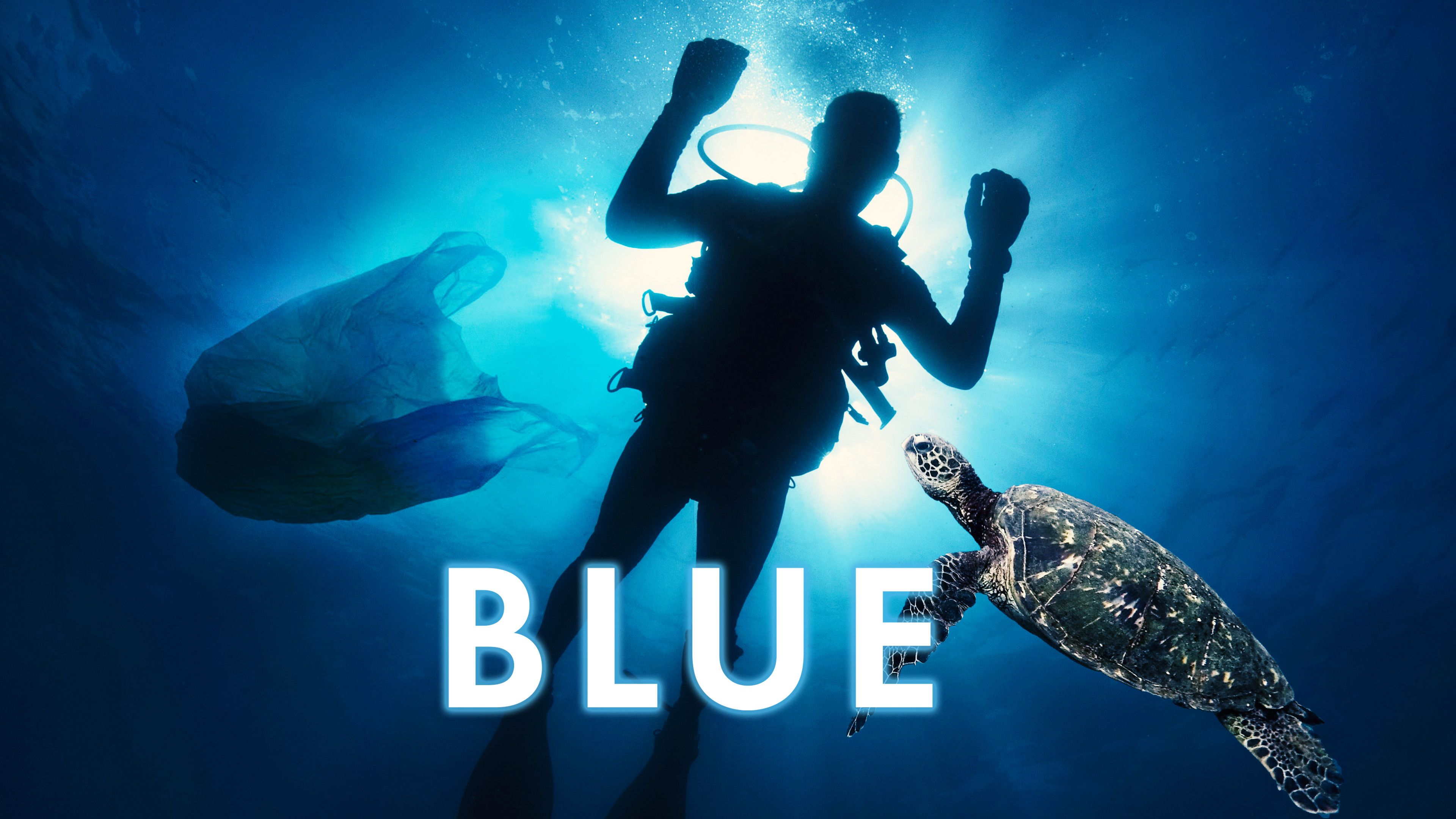
- 1h 16m
- 87%
BLUE takes us on a provocative journey into the ocean realm, witnessing a critical moment in time when the marine world is on a precipice. Half of all marine life has been lost in the last 40 years. By 2050 there will be more plastic in the sea than fish.
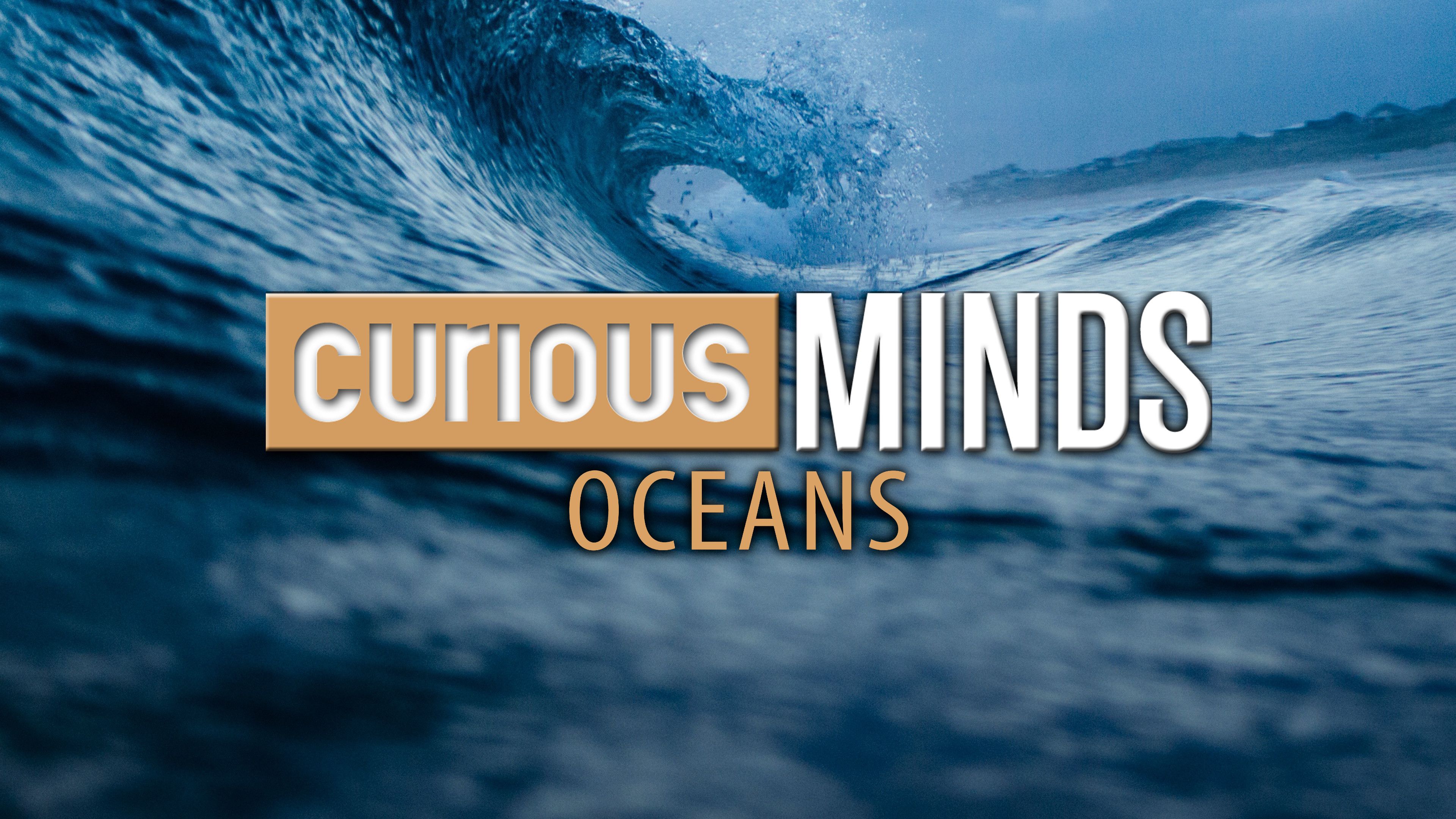 Original
Original- 9 episodes
- 95%
Some say the oceans, not space, is the final frontier. Are we treating the oceans with the respect and care they deserve?
 Original
Original- 7 episodes
- 93%
How can we conserve and protect the oceans and the many lifeforms with the coastal and deep waters?
 Original
Original- 13 episodes
- 96%
What are the special challenges facing marine archaeologists? Experts discuss sites, like the Titanic, and how to protect our heritage.
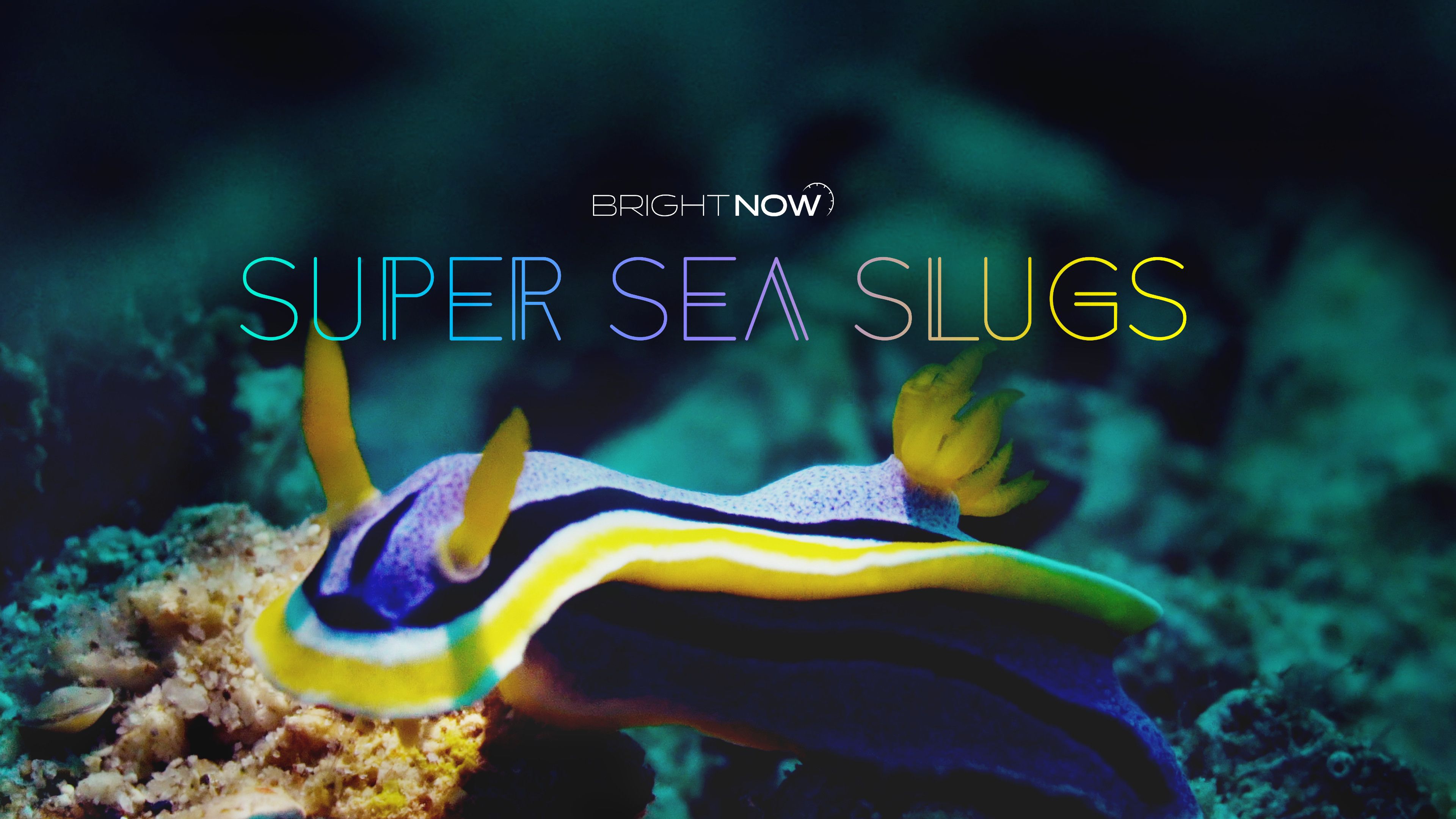 Original
Original- E1
- 9m
- 97%
Adaptations in the oceans most colorful invertebrates. Nudibranchs, or sea slugs, have a remarkable range of adaptations to survive in the ocean. From weaponizing stinging cells, harvesting the power of the sun, spraying sulfuric acid, and turning their bodies into drift nets.
 Original
Original- E33
- 11m
- 88%
Antarctica is a mysterious and unexplored continent. Thanks to the Chilean Antarctic Institute and the research center Dynamics of Marine Ecosystems of High Latitudes, a group of scientists are suffering the extreme temperatures to study climate change and the earth's ocean currents.
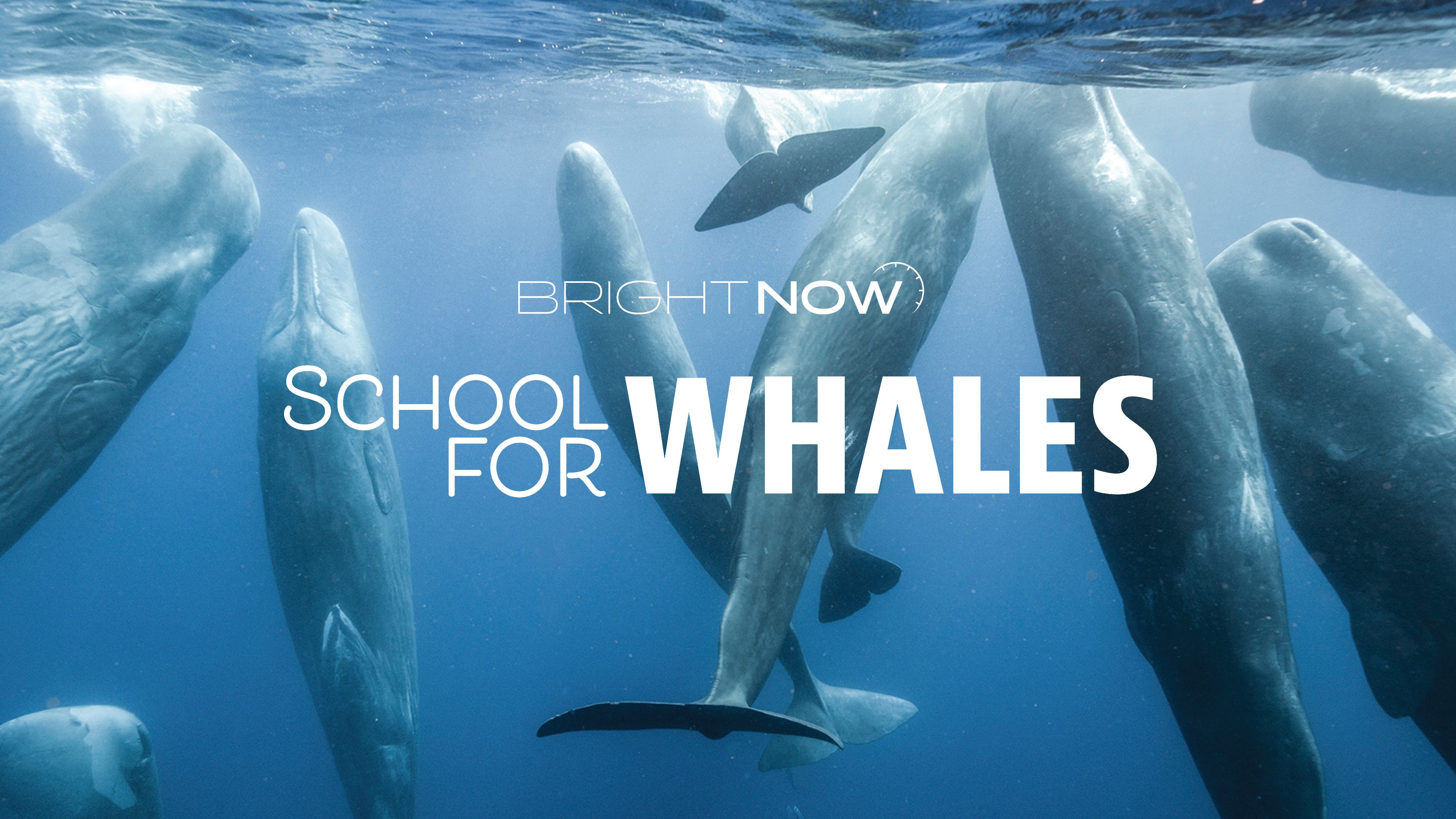 Original
Original- E6
- 9m
- 97%
Follow a family of sperm whales in the heart of the Indian Ocean. Alongside a team of scientists, who have witnessed their most intimate moments over the past 7 years, we will lift the veil on the largest-toothed predator on earth.
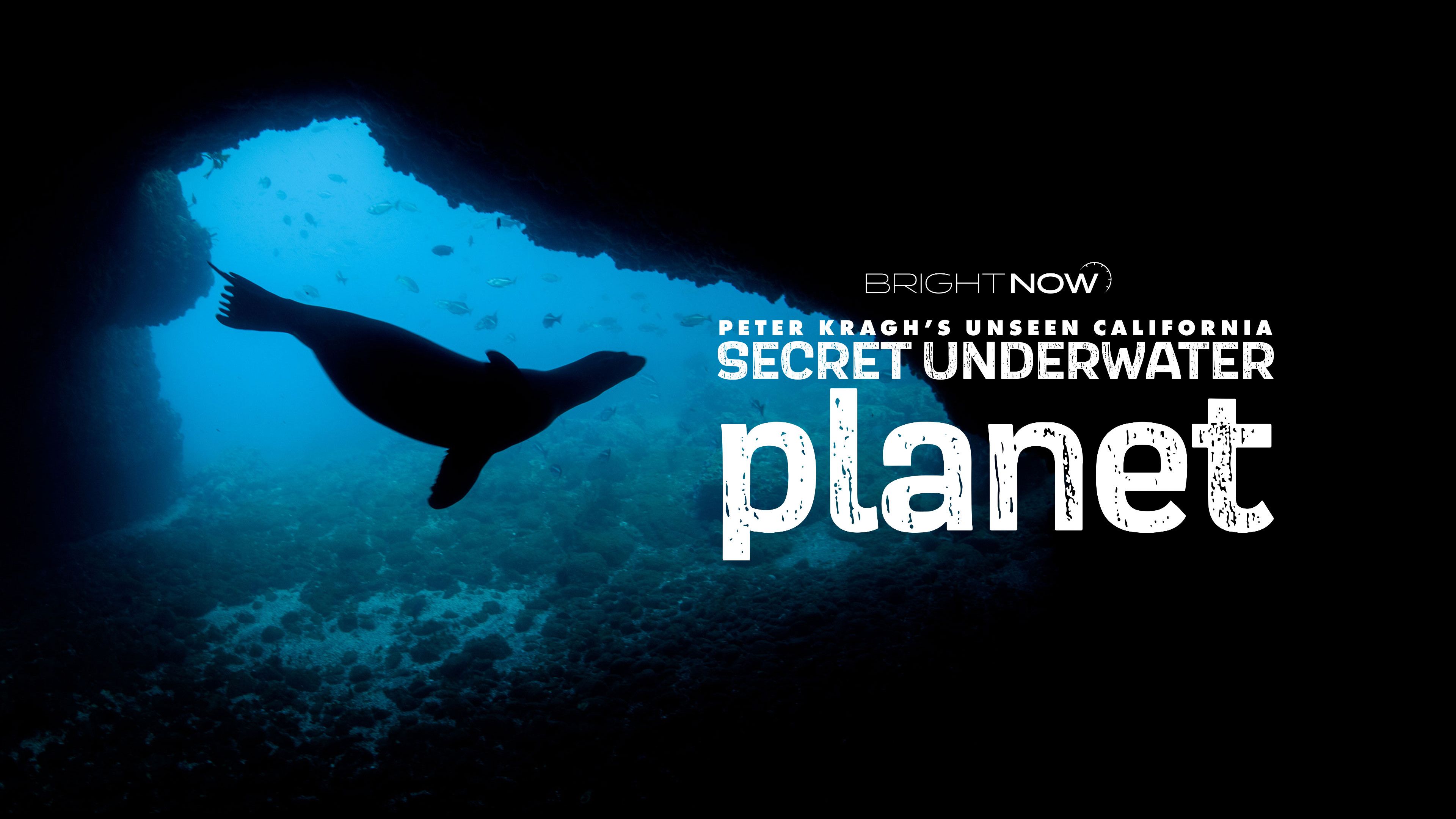 Original
Original- E29
- 8m
- 97%
Take a journey with famed underwater photographer Peter Kragh, as he explores the coast of California, and reveals some of the most spectacular life found under the sea.
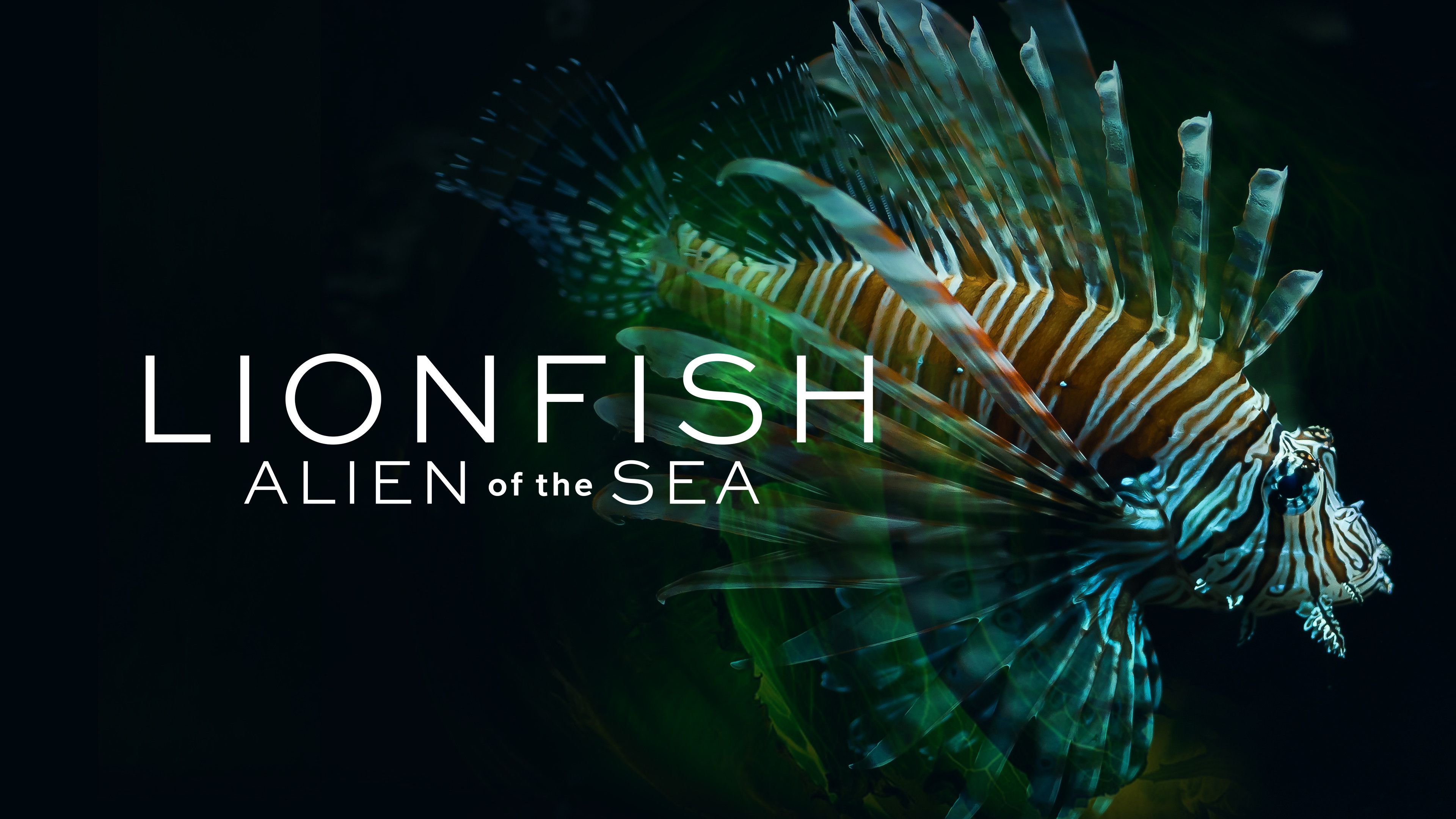 Original
Original- E47
- 12m
- 97%
It all began in Florida in the 80’s when exotic fish aficionados decided to release their lionfish into the nearby ocean waters. In just over a decade, those fish conquered a massive territory at a horrifying speed. Scientists are calling it the worst invasion on the planet.
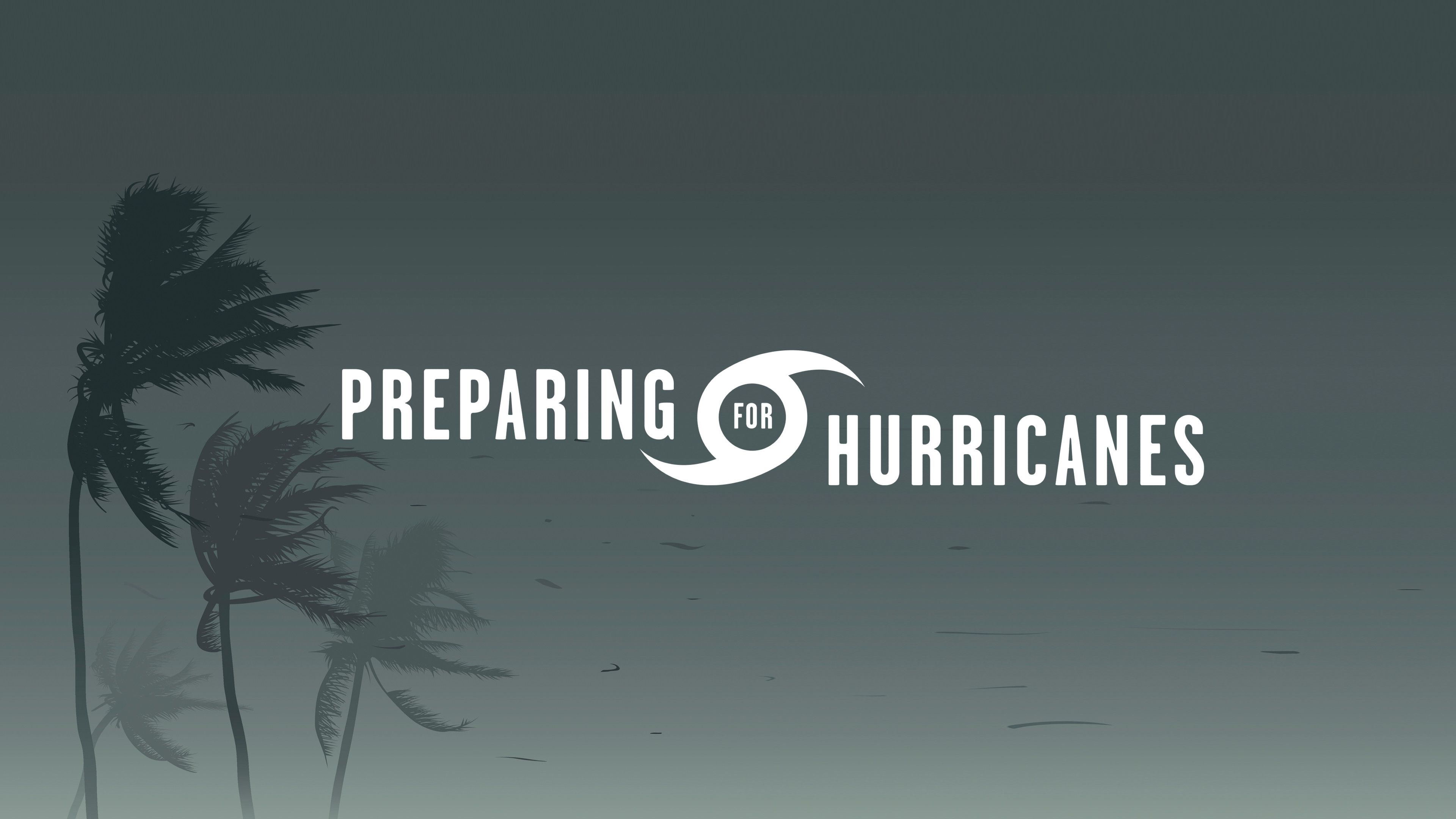 Original
Original- E53
- 11m
- 94%
The SUrge-STructure-Atmosphere INteraction facility, or SUSTAIN, will help scientists at the Rosenstiel School of Marine and Atmospheric Science better understand the complex interactions between a hurricane and the ocean below it, as well as the coastlines it may affect.
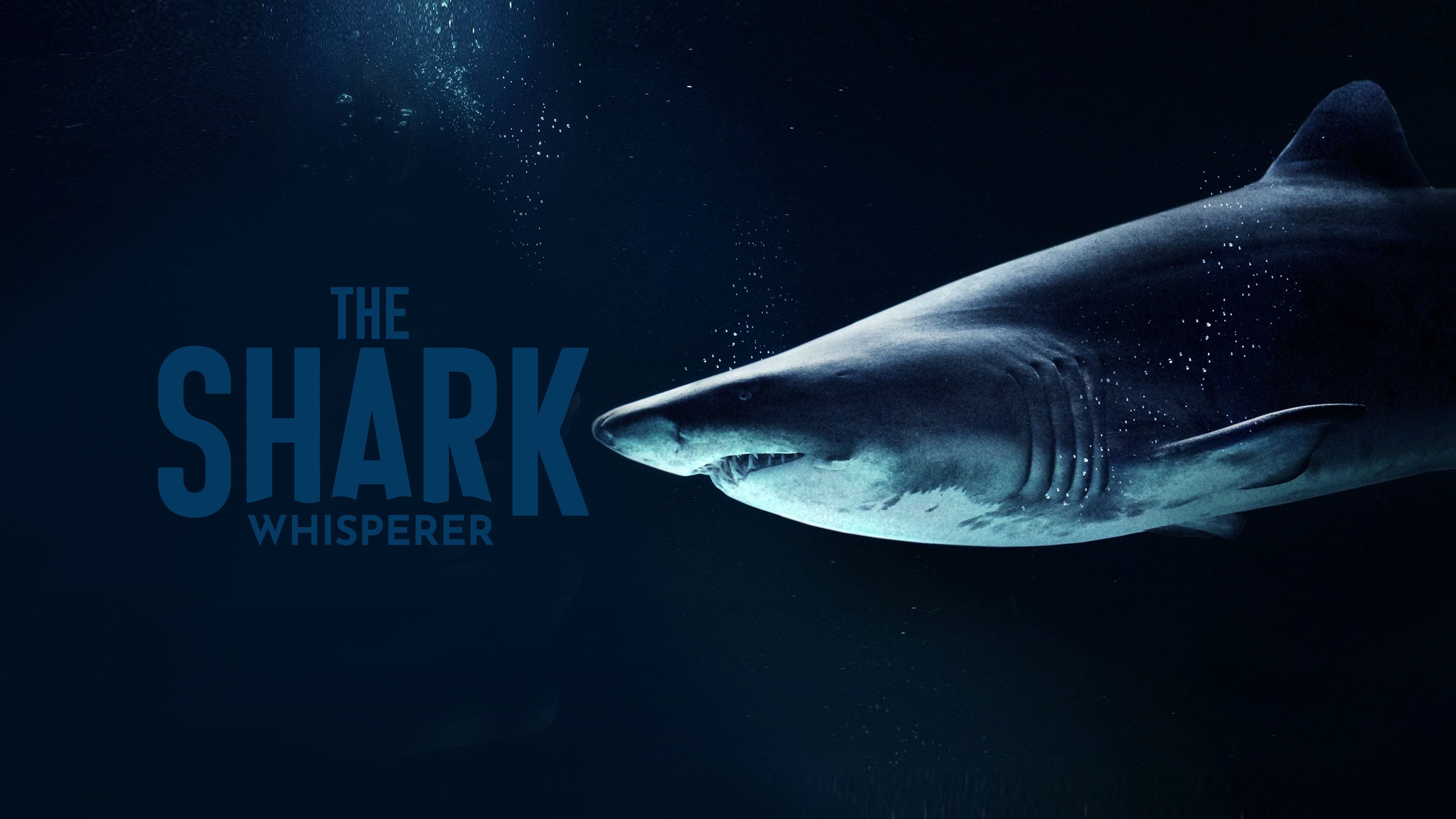 Original
Original- E52
- 11m
- 98%
Shark expert Jim Abernethy conducts stunning, cage-free dives with the ocean’s greatest predators to demonstrate they are not mindless, man-eating monsters.
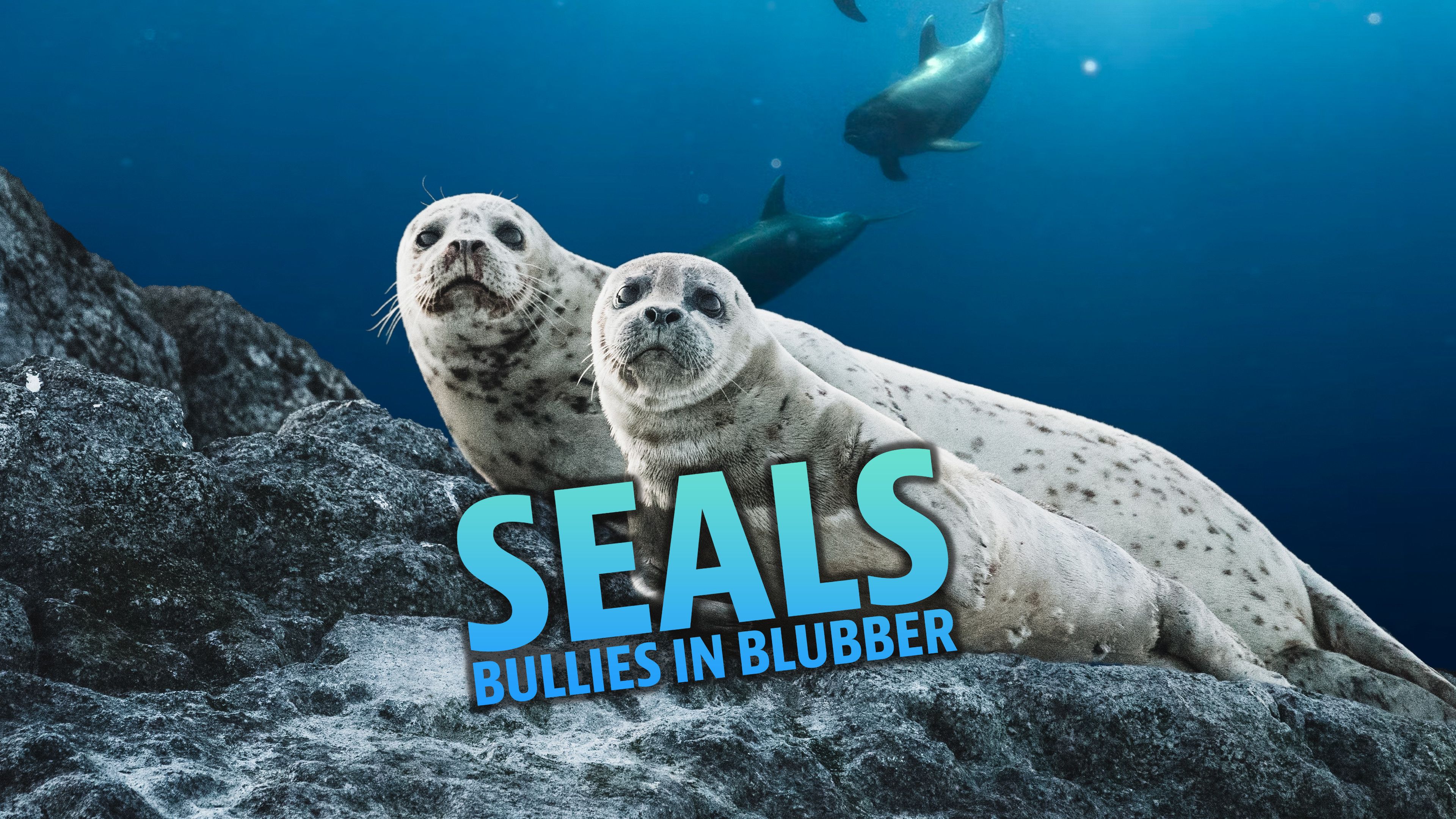
- 48m
- 98%
Seals are certainly a much-loved group of animals. Characterized by their rotund bodies and big doe eyes, who could help but fall in love? But are they just fun balls of fat, or is there another side to this diverse family? There is: seals are top predators with devastating capabilities.
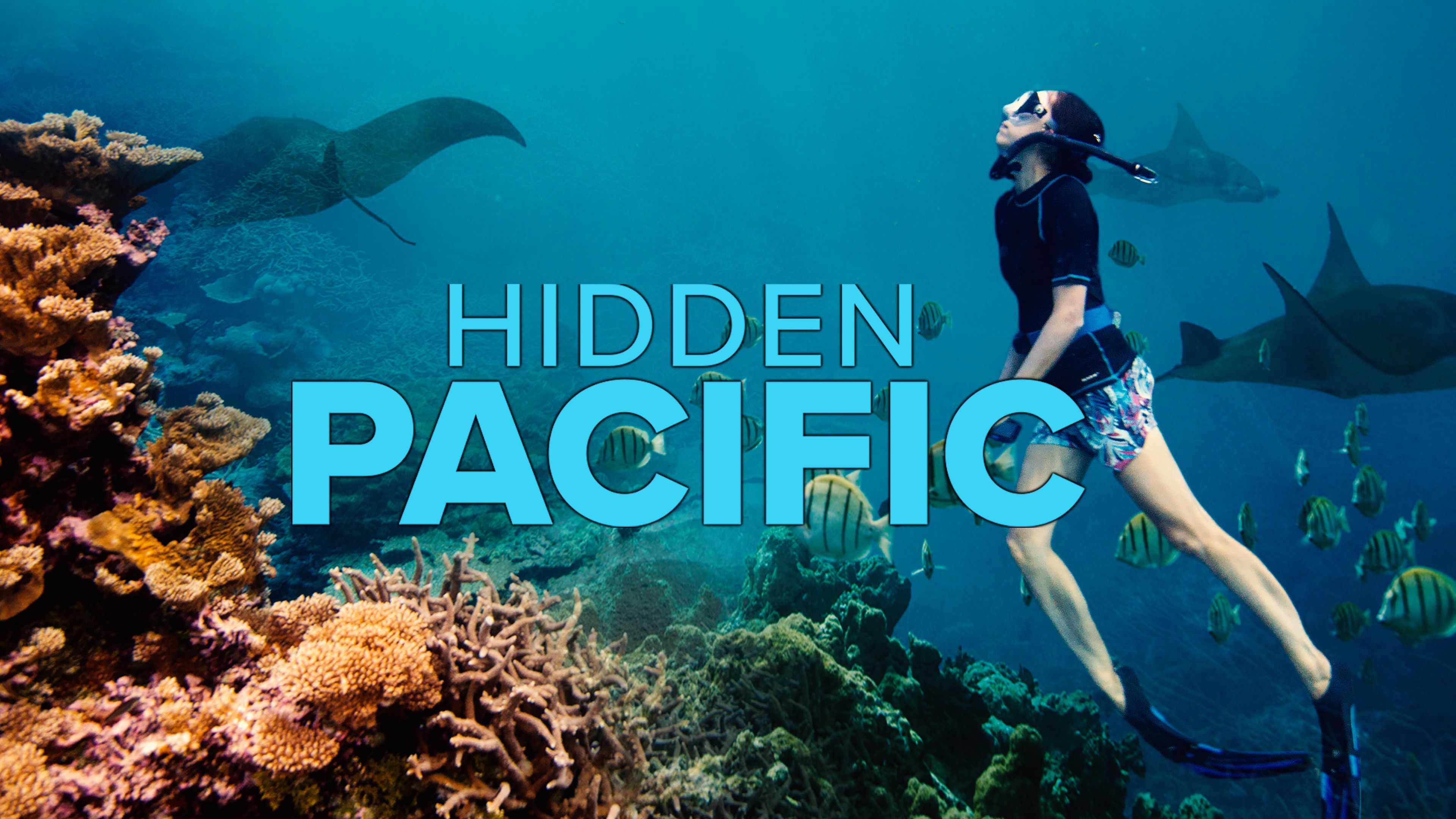
- 40m
- 94%
Discover the storied histories and witness the breathtaking beauty of the Palmyra, Midway and Rose Atolls in the Pacific Ocean: faraway islands and marine national monuments that remain untouched by civilization. Filmmakers had unprecedented access to the bio-secure zones of these marine monuments.

- 4 episodes
- 95%
Between 1939 and 1945, thousands of World War II wrecks disappeared and remained hidden...until now. Watch their remarkable stories.
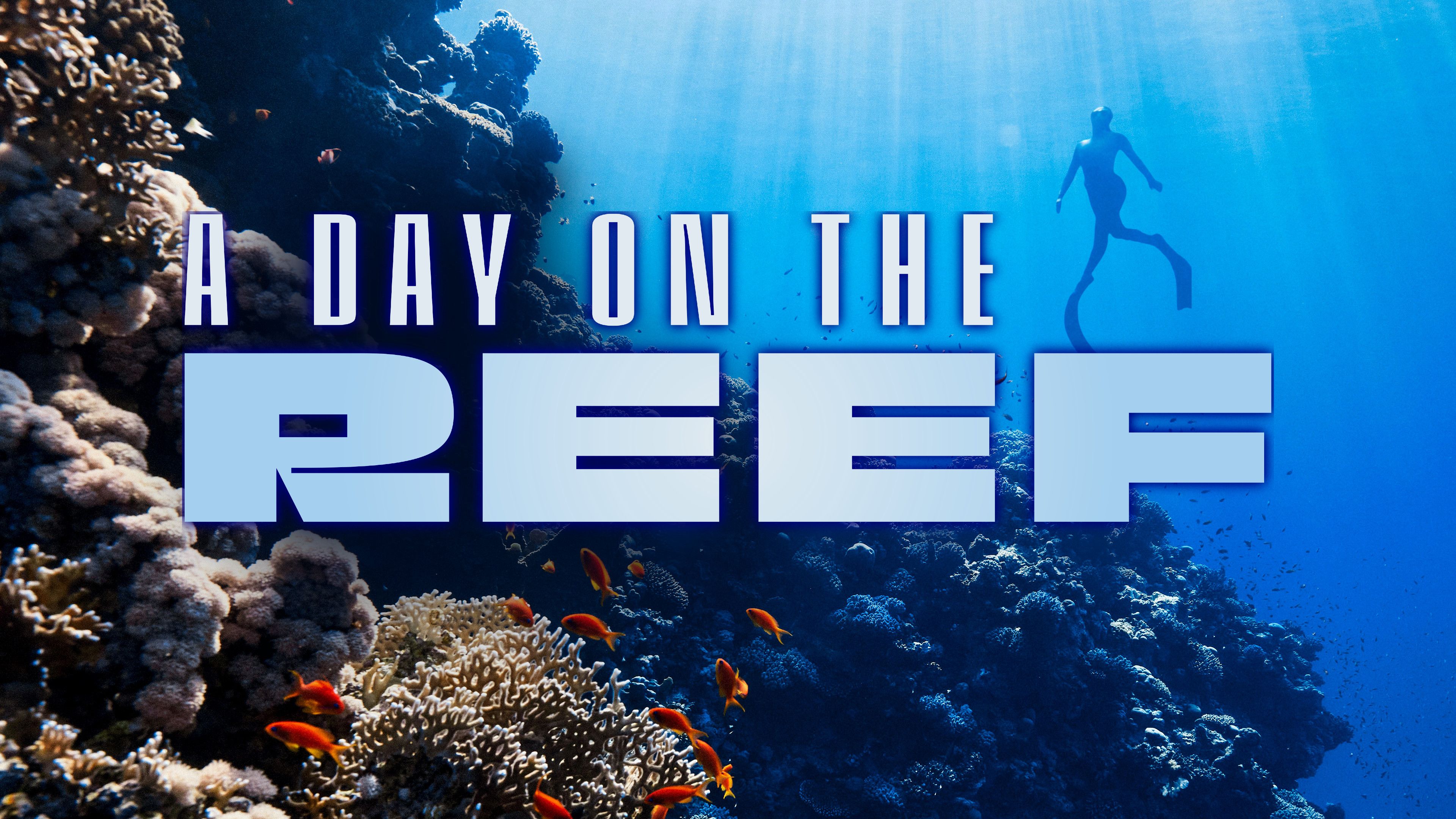 Original
Original- 37m
- 95%
Life in the ocean is more similar to yours than you may think! On Malaysia's Sipadan Island—one of the most biodiverse places on the planet—a great coral city is home to millions of organisms who must navigate daily life among neighbors of all shapes and sizes.